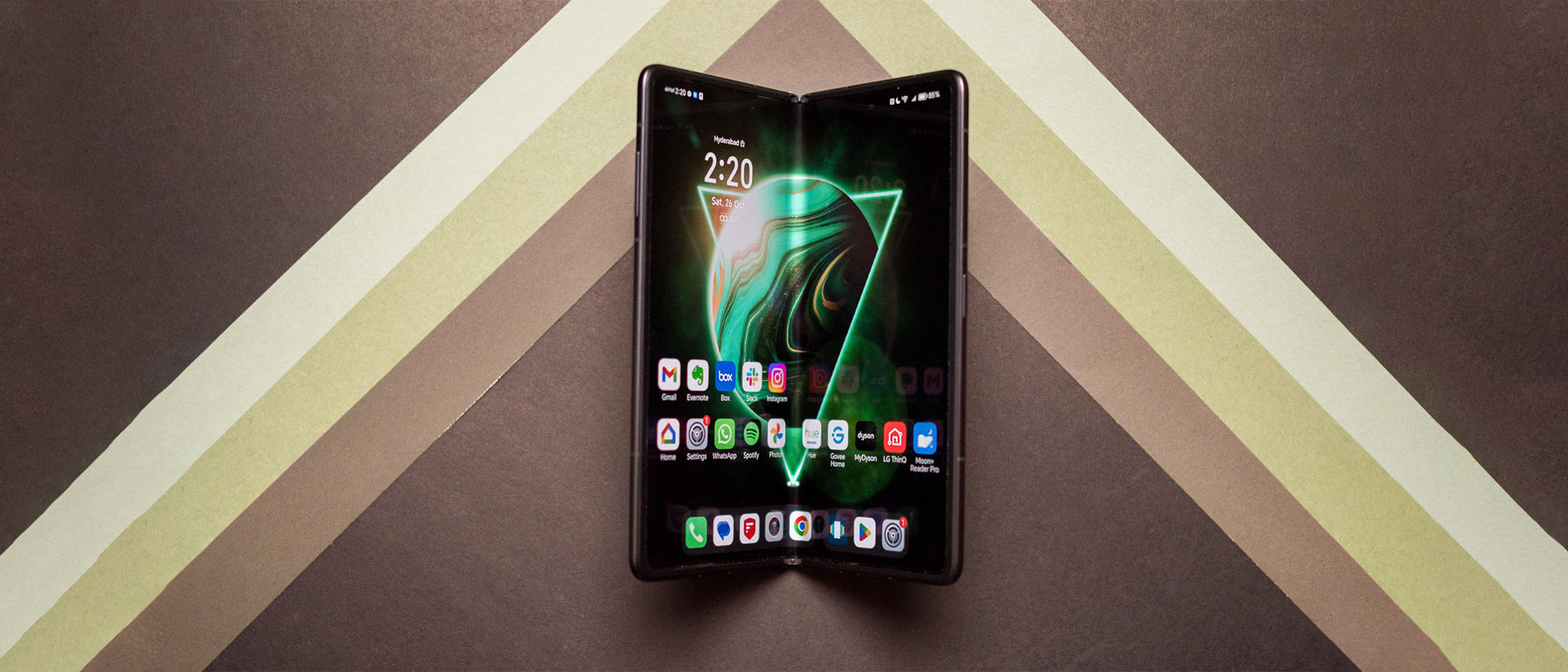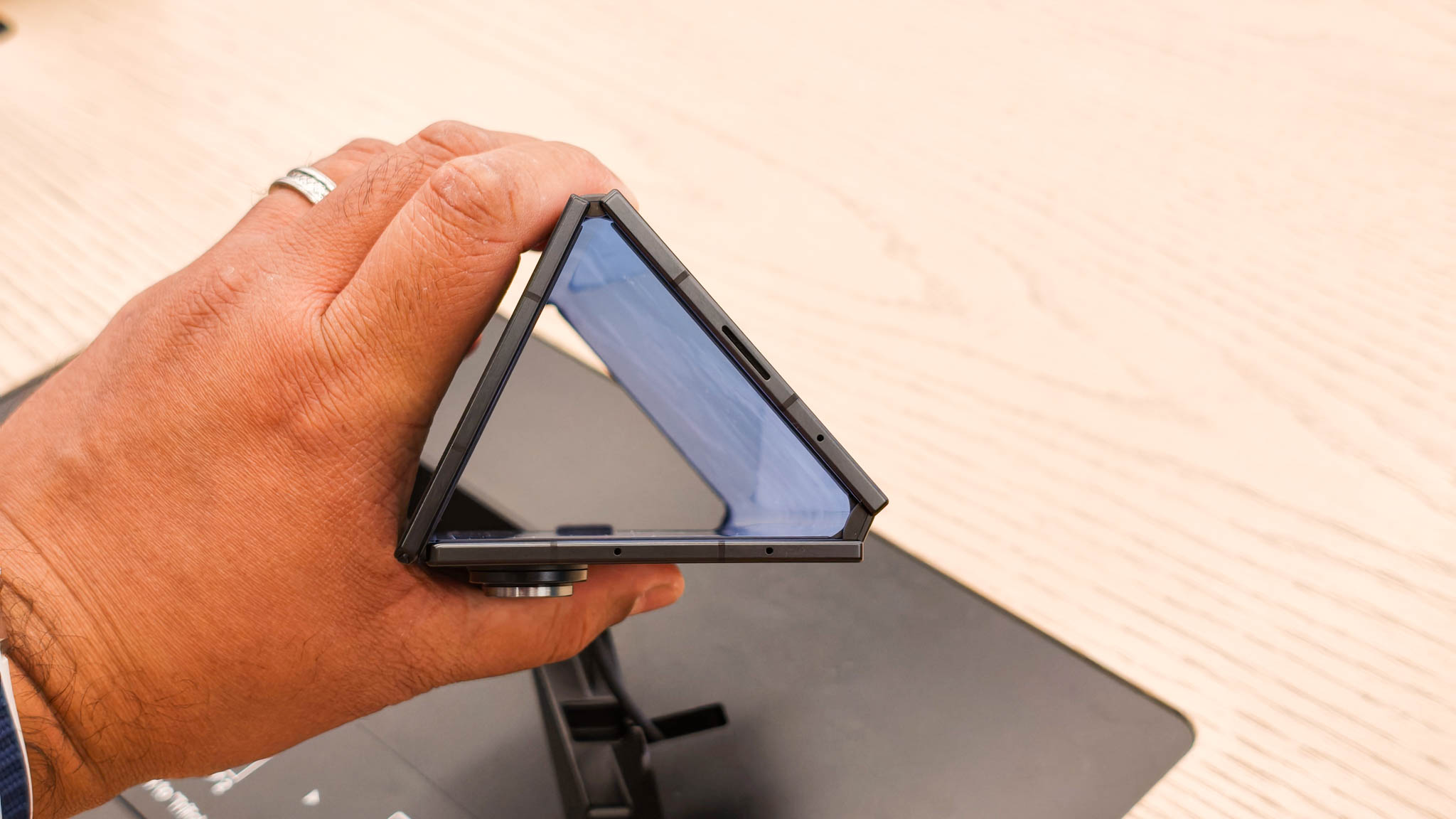Android Central Verdict
The Magic V3 is somehow even thinner and lighter than its predecessor, and it feels just like a regular phone in daily use. The cover panel is among the best in this category, and the massive inner panel has a barely-visible crease and terrific colors. The hinge is ultra-thin but still durable, you get IPX8 resistance, one of the best hardware packages around, and versatile cameras at the back. If you're looking to make the switch to a foldable and want a device that feels futuristic, the Magic V3 is the obvious recommendation.
Pros
- +
Thinner and lighter than predecessor
- +
Terrific 120Hz panels inside and out
- +
Powerful hardware
- +
One of the best camera packages in this category
- +
IPX8 water resistance
Cons
- -
Average battery life
- -
Not available in North America
Why you can trust Android Central
Honor clearly knows what it's doing when it comes to foldables; the Magic Vs was a great showcase for what the brand can achieve, but it was the Magic V2 that gave the Chinese manufacturer a distinct advantage.
By delivering the thinnest and lightest foldable, Honor managed to easily carve out a niche in this segment. That said, availability issues of the global model hindered the brand's progress to an extent, and that's something Honor is looking to change with the Magic V3.
The Magic V3 uses the same design foundation as its predecessor, but it is even thinner and lighter, and honestly, it doesn't feel like you're using a bulky foldable. It is just 5g heavier than the Pixel 9 Pro XL, and while it is 0.7mm thicker when folded, that isn't evident when using the device.
The thin-and-light design makes the Magic V3 stand out considerably, and it just feels better to hold and use than other foldables — it makes the Galaxy Z Fold 6 look archaic. I used the Magic V3 for just over a month, and here's why I think this is the best foldable you can buy today.
Honor Magic V3: Pricing and availability
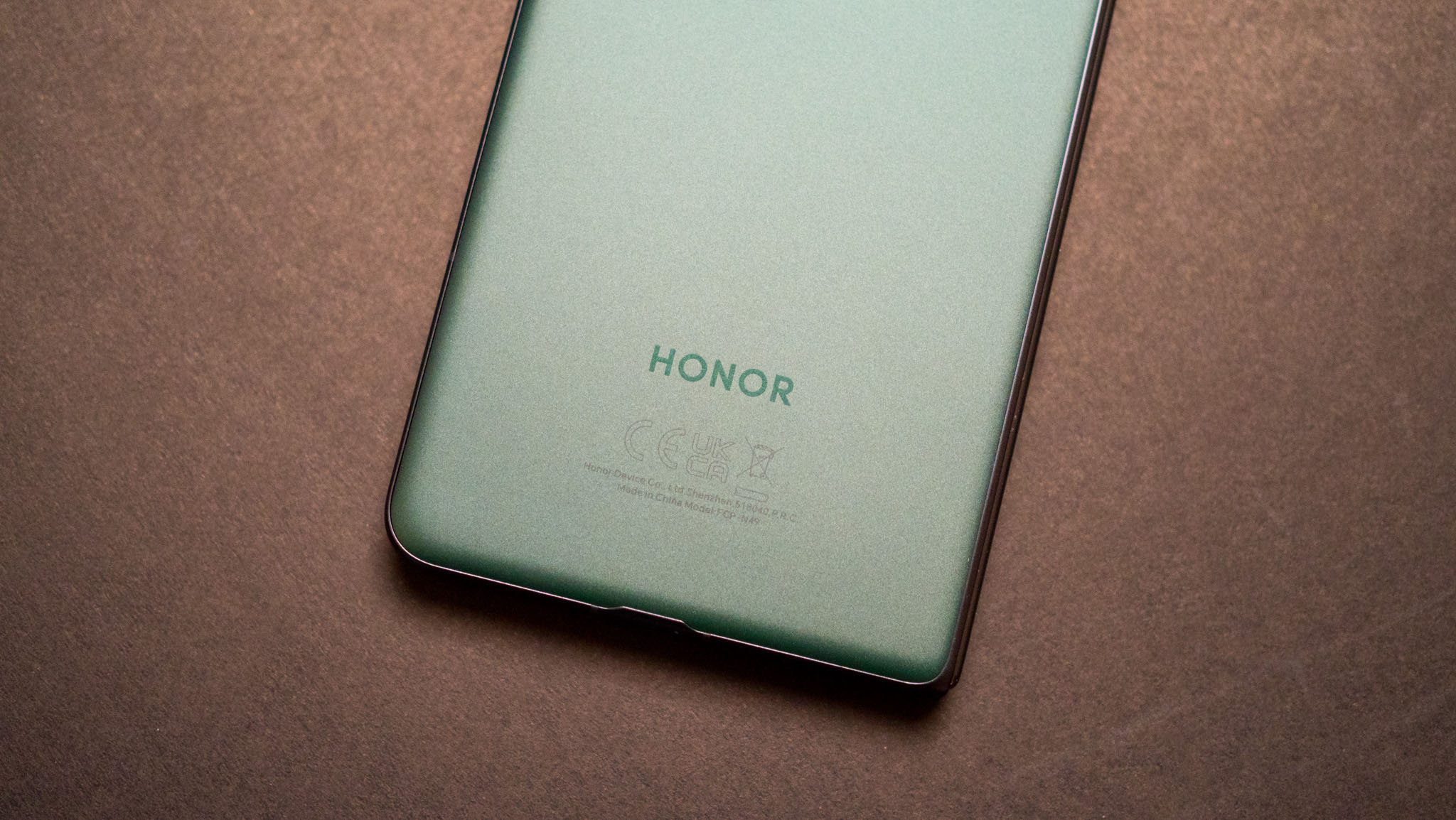
Honor unveiled the Magic V3 in China on July 12, and the foldable went on sale in the country later in the month. The brand launched the foldable in global markets at IFA 2024, and the Magic V3 is now on sale in the U.K. and other global markets.
Honor is bringing a single 16GB/512GB variant of the device outside China, and it costs £1,699 ($2,209) in the U.K. At the moment, you can get a £300 ($390) discount on the device when buying from Honor's website, and that brings it down to £1,399 ($1,819) — £200 less than the equivalent model of the Galaxy Z Fold 6.
You also get a decent number of freebies with the foldable; Honor bundles the Band 9, a 100W charger, the X6 earbuds, and an additional six-month screen protection covering both panels.
Get the latest news from Android Central, your trusted companion in the world of Android
Honor Magic V3: Design
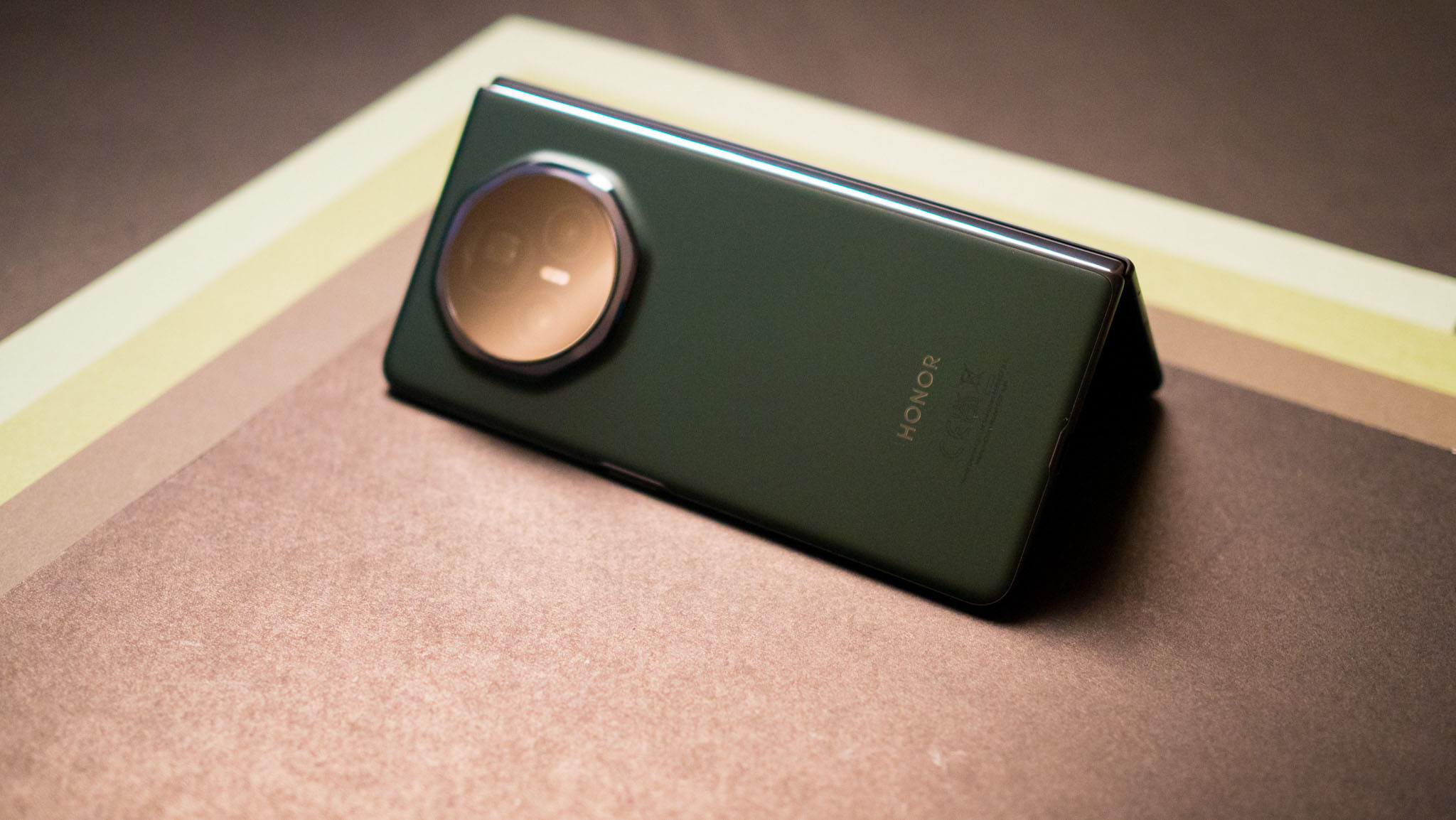
Honor's foldable differentiation revolves around lightweight designs, and the Magic V3 is the thinnest foldable you can buy today. The device is just 4.4mm unfolded, and that's unbelievably thin; if anything, it feels like the brand could have made the device thinner if not for the USB-C port.
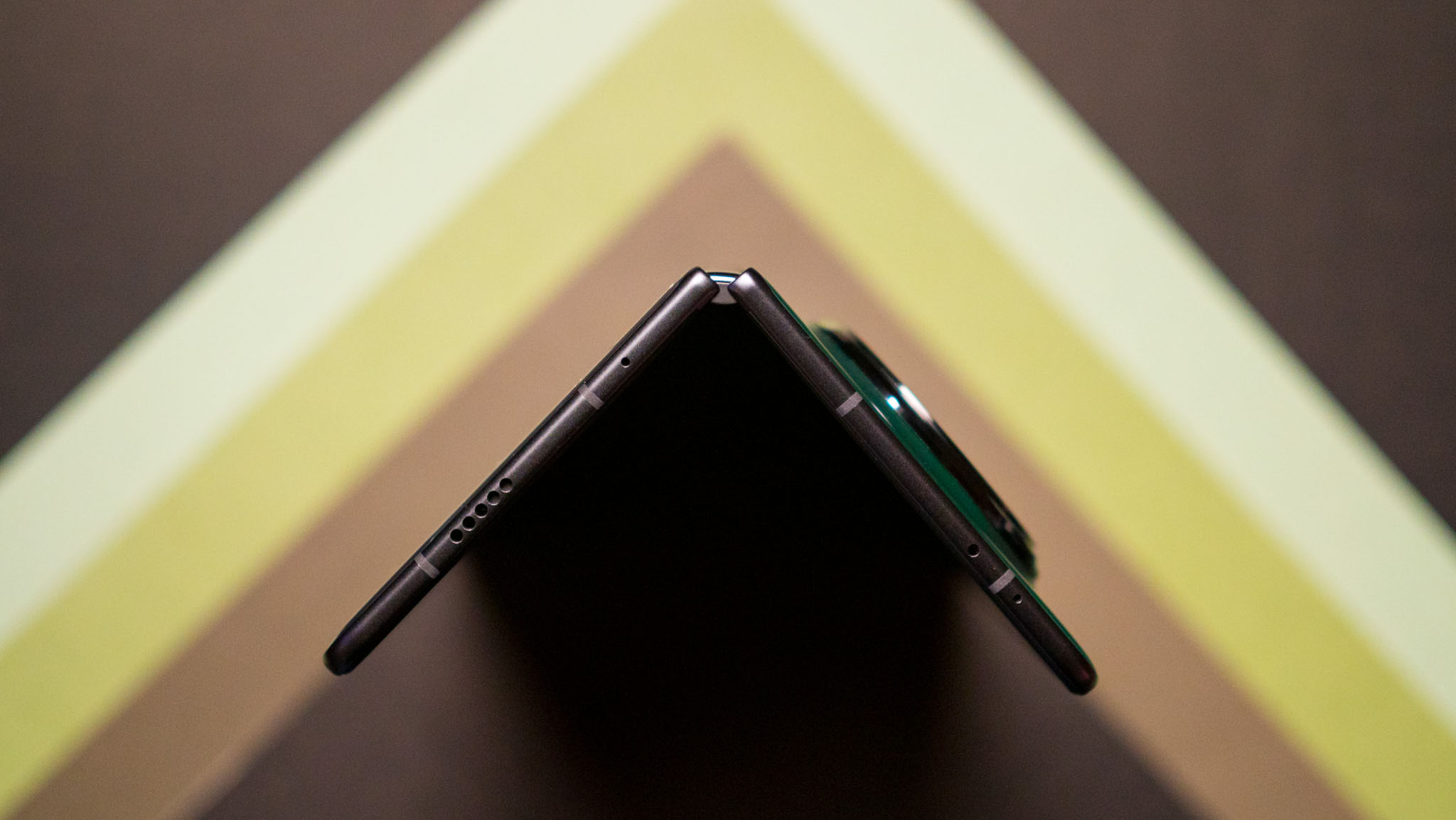
The ultra-thin profile makes using the V3 an absolute joy; the inner screen in particular is outstanding. What's just as noteworthy is that the Magic V3 is 9.2mm thick when folded, and this more than anything else makes the foldable stand out — you don't feel like you're using a foldable at all.
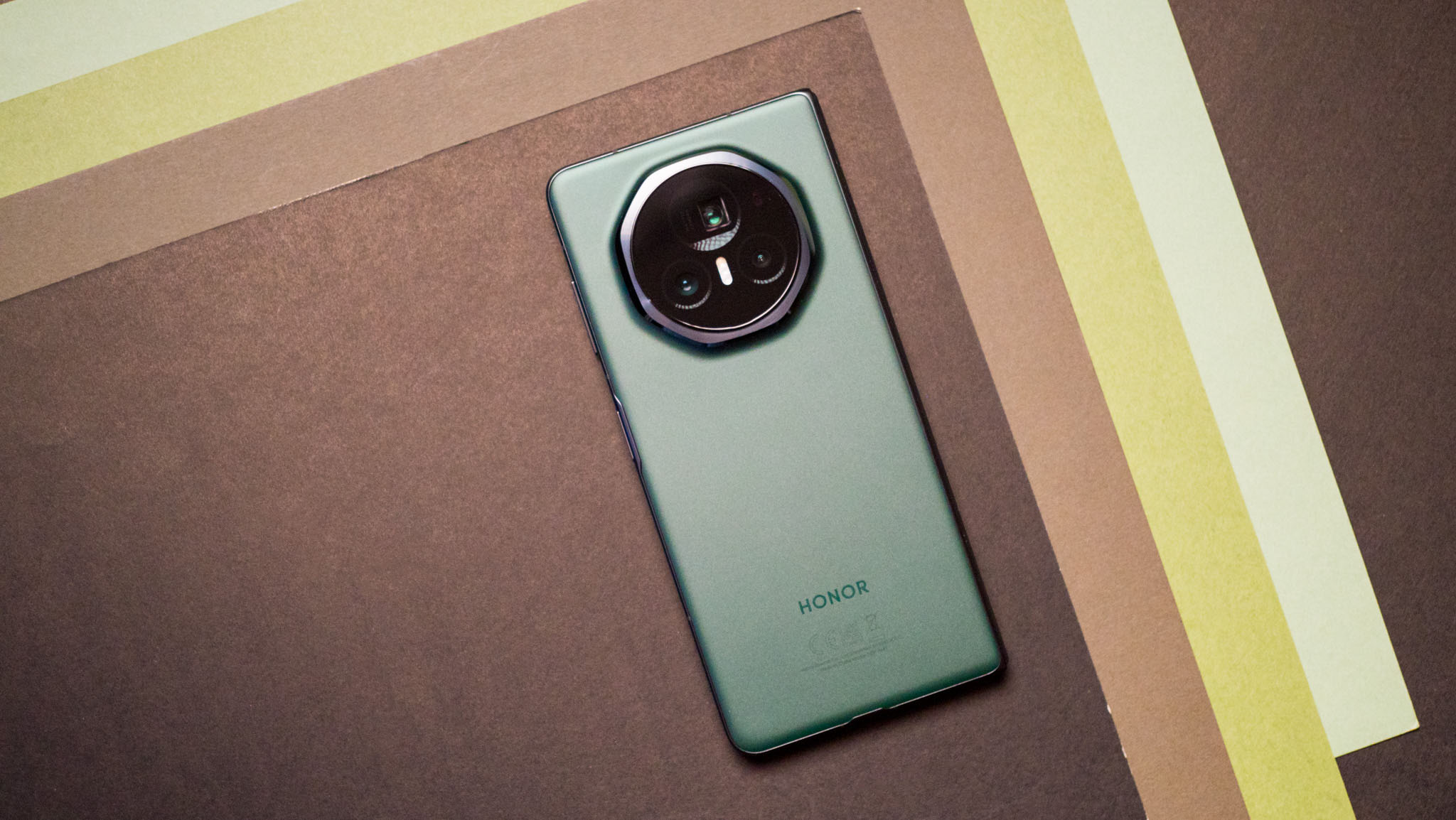
Another factor is the weight. At 226g, the Magic V3 isn't just lighter than other foldables — it beats conventional phones in this regard. The Galaxy S24 Ultra is 2g heavier than the Magic V3, and that conveys the scale of what Honor managed to achieve with the foldable.
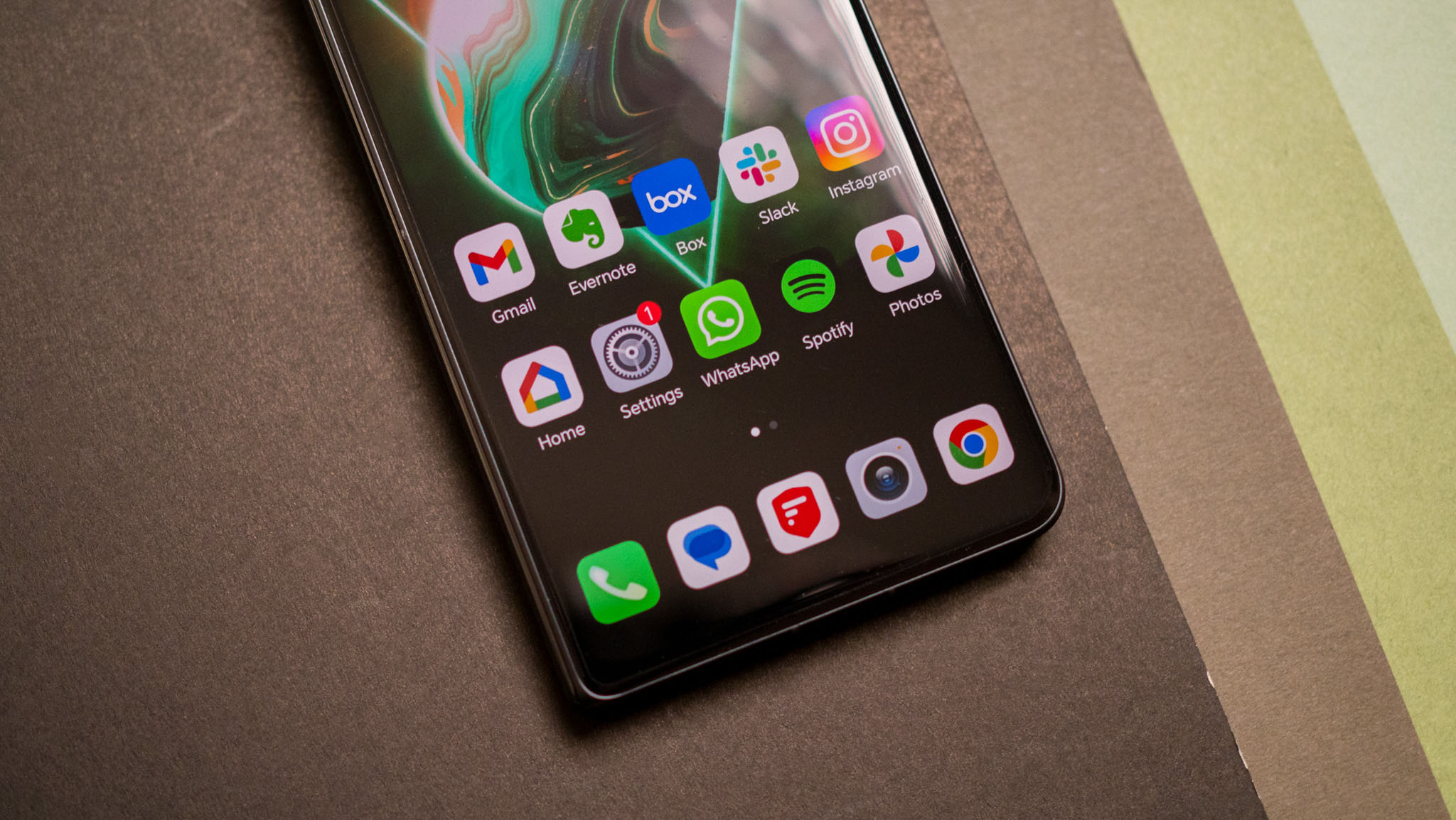
The design means the Magic V3 is just as comfortable to hold and use as a regular phone. The cover screen is sufficiently wide that it isn't a problem at all — unlike the Galaxy Z Fold 6 — and there are subtle curves around the sides and rounded edges that make a difference.
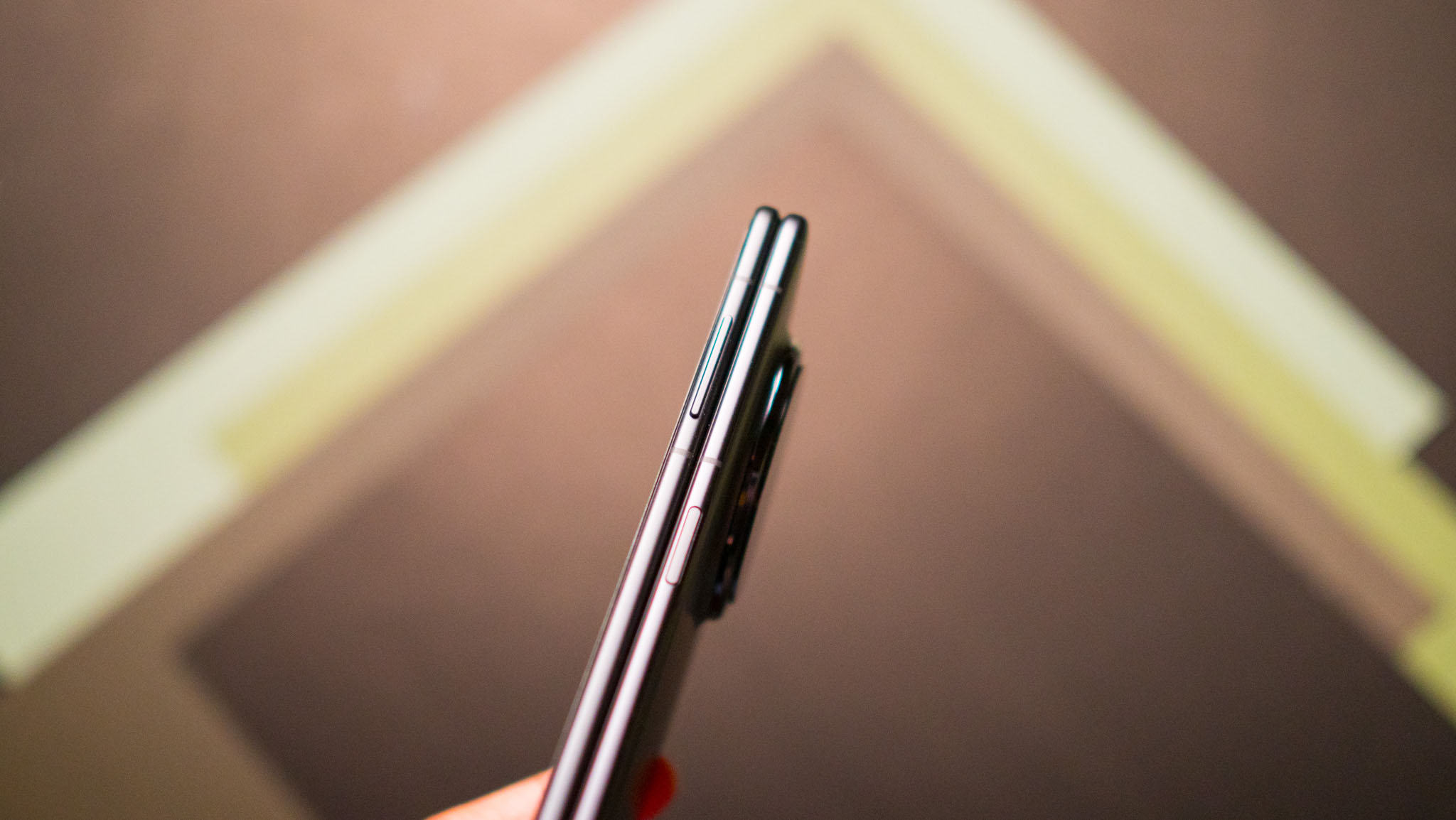
Honor went with a matte texture at the back that feels great, and the green model of the Magic V3 looks understated. If you need a bold color option, the Reddish Brown variant is the one to get. The back is dominated by the camera island, which is similar to that of the Magic 6 Pro. The island uses an octagonal design, and the three camera modules are ensconced within.
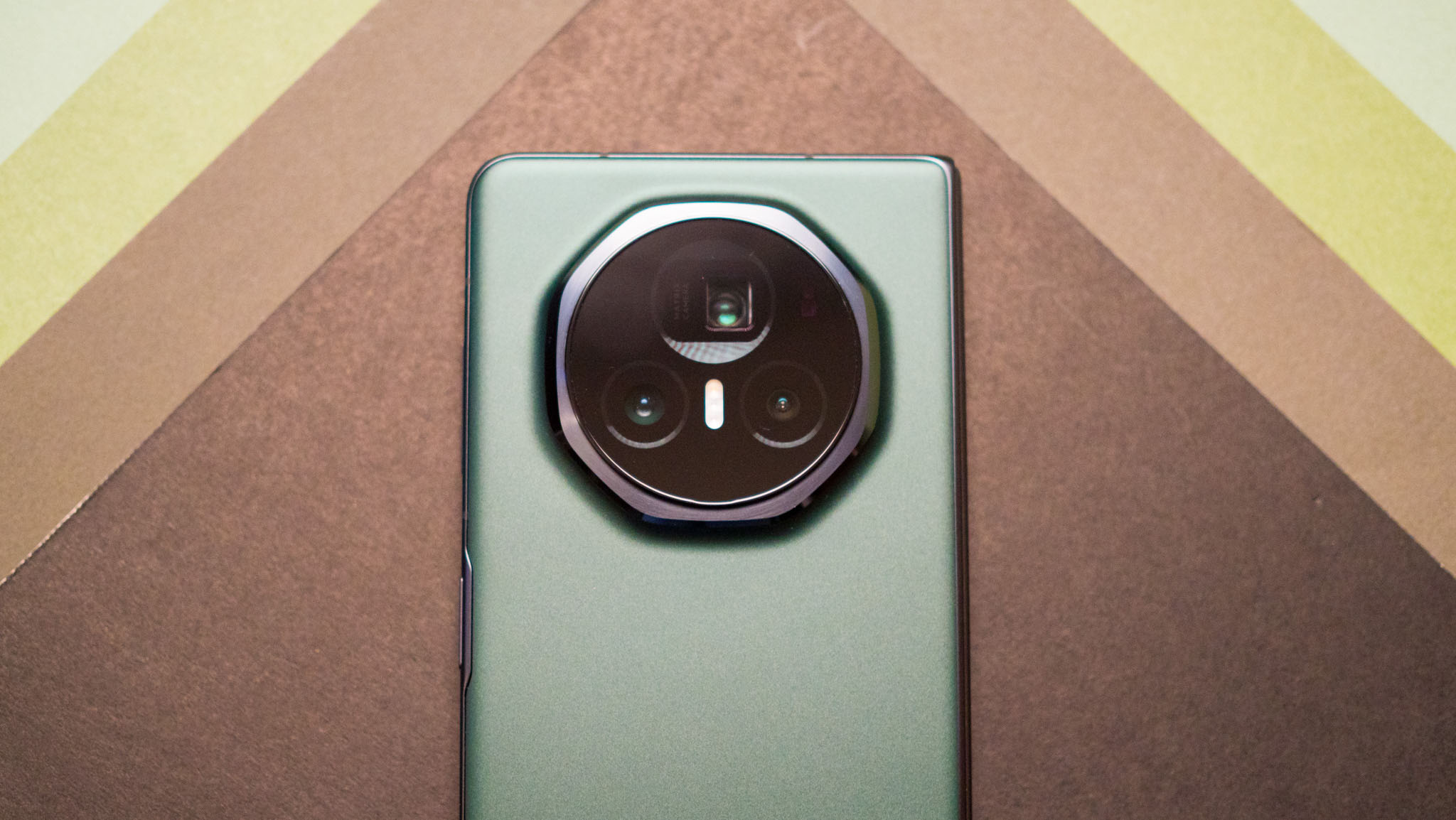
The steel of the camera island contrasts well with the back, and the phone doesn't wobble when using it on a flat surface. This isn't the case when the device is unfolded; as the camera island sits to the side in that mode, you get a noticeable wobble.
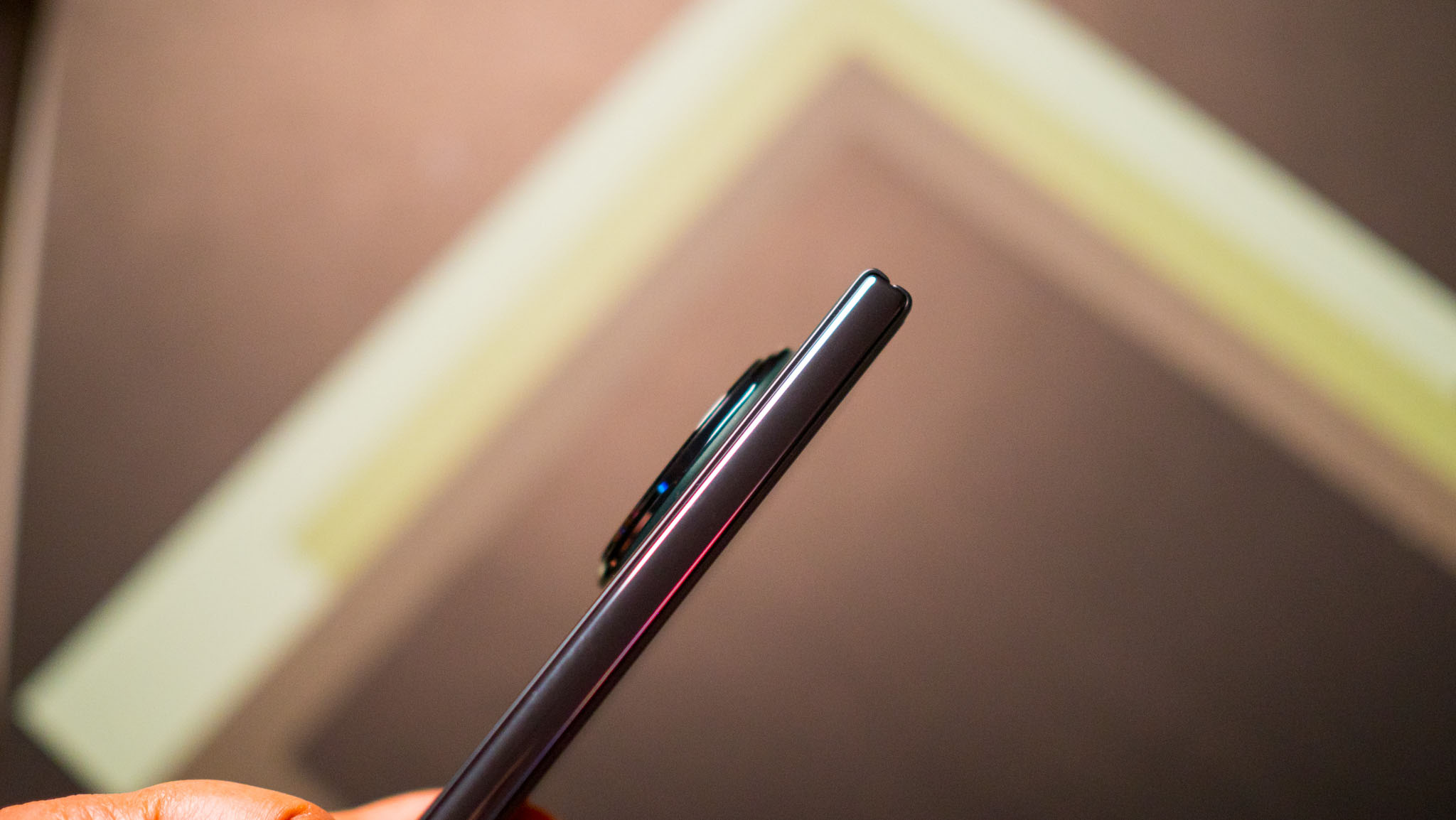
Honor went with a stainless steel hinge that's the thinnest in the industry, and it is durable, with the brand touting a million unfolds. Like last year, the hinge can stay open at any angle between 45 to 140 degrees, and that unlocks the ability for unique use cases.
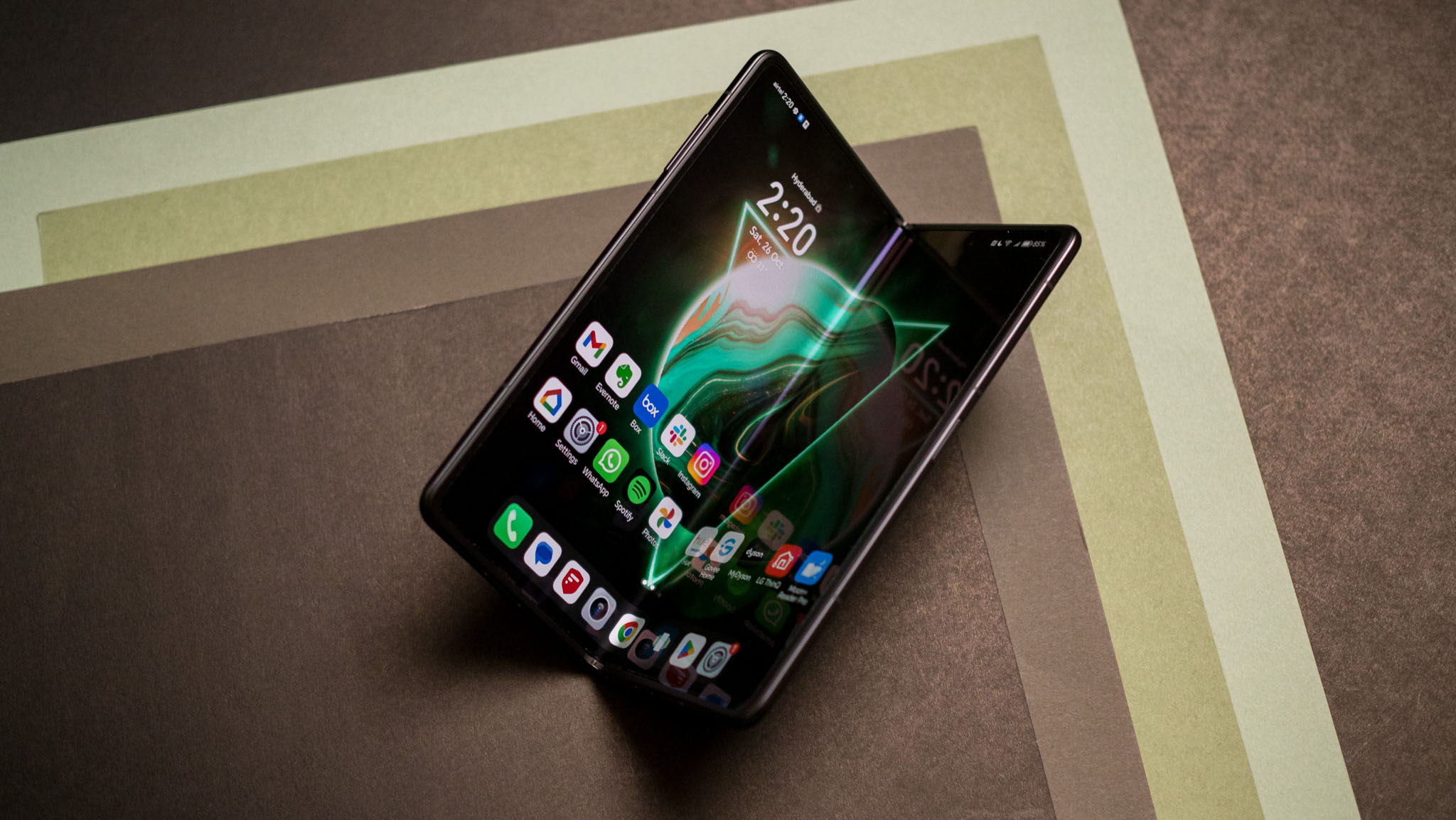
The hinge itself has a smooth articulation and doesn't need much force to open, and while you get a visible crease, it is not as noticeable as other foldables I tested this year — the crease on the Z Fold 6 is much more prominent.
The aluminum frame adds rigidity to the device, and there's IPX8 water resistance, giving the Magic V3 the ability to withstand the elements. On the whole, the design is easily one of the best around, and the thin profile and lightweight chassis makes the Magic V3 a fantastic choice if you're ready to make the switch to a foldable.
Honor Magic V3: Displays
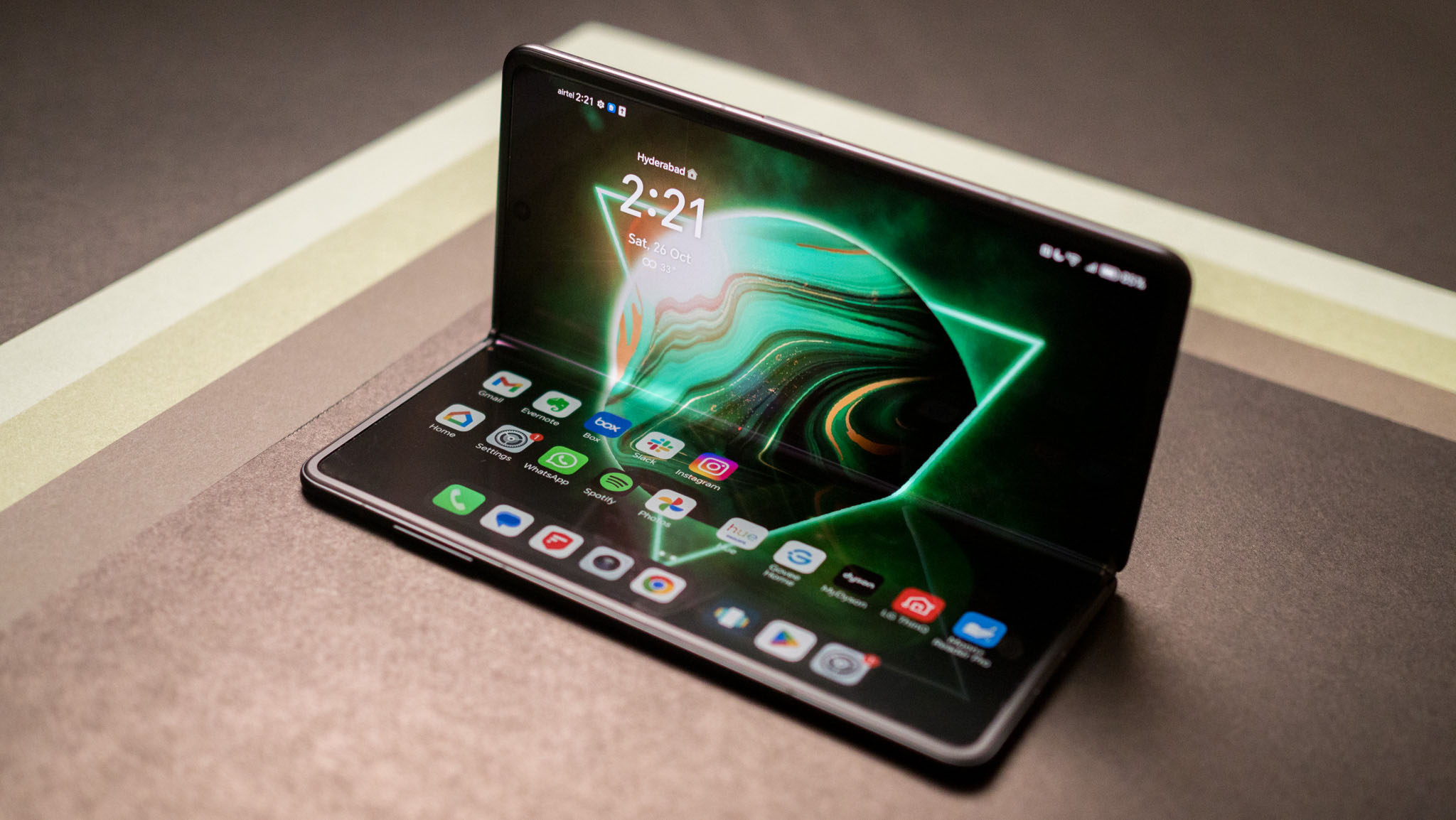
Honor didn't change the sizing of the panels with the Magic V3, and the device gets the same 6.43-inch cover panel and 7.92-inch inner screen as its predecessor. Both panels go up to 120Hz and come with LTPO tech to dynamically adjust screen refresh, and the inner screen gets an AMOLED panel while an OLED display is used outside.
There's plenty of cool tech on hand this time around, and Honor continues to lead the way when it comes to making devices with eye comfort in mind. Both panels have high PWM dimming — the inner screen goes up to 3,840Hz and the cover panel hits 4,320Hz — and the AI-assisted Defocus Eyecare feature is legitimately useful.
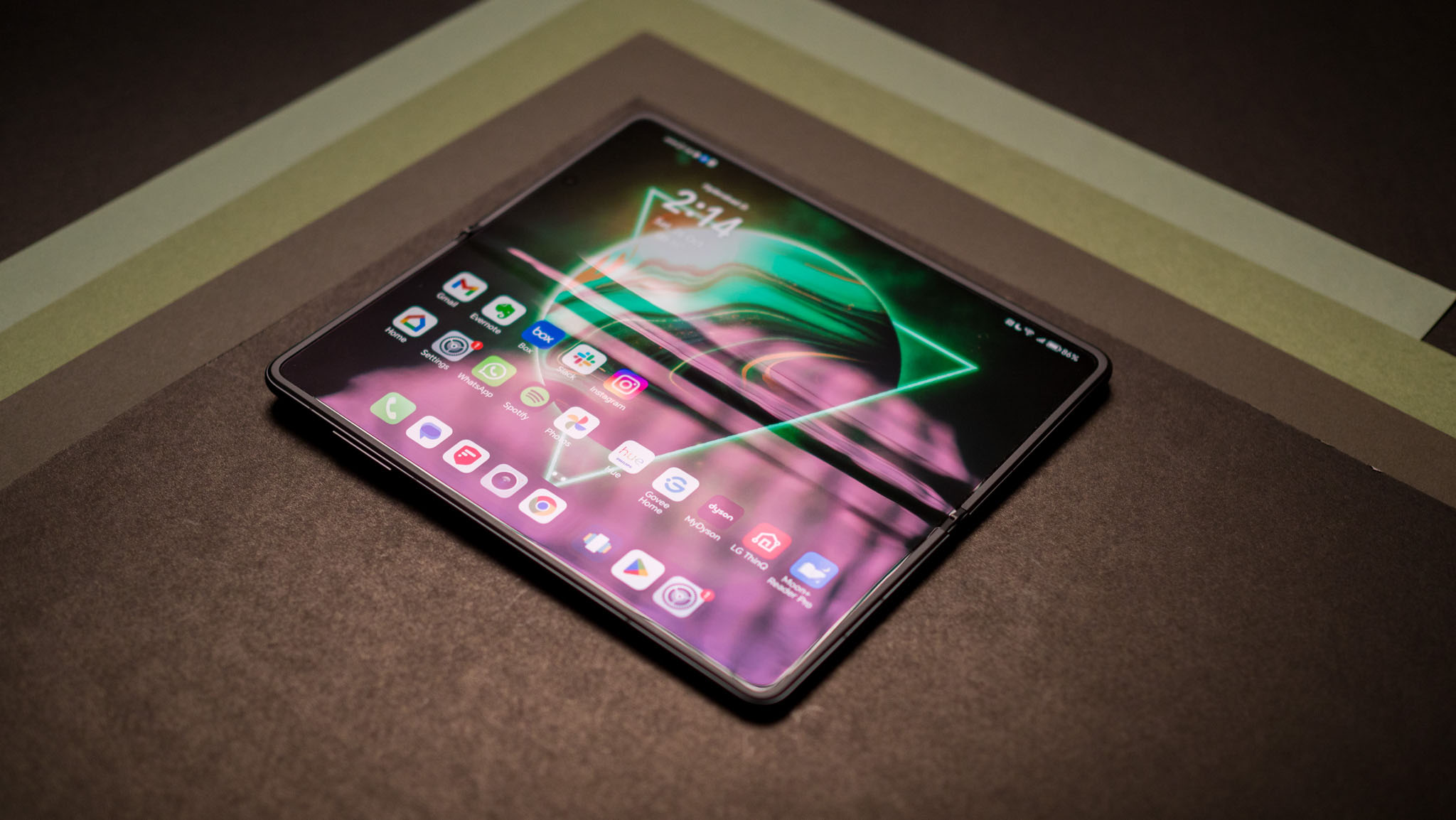
Both panels have good color vibrancy and contrast levels, and you get decent customizability when it comes to adjusting the color balance to your preferences. A nifty utility that I made good use of is the ebook mode; most manufacturers offered something similar in the past, but you don't get the feature in as many devices these days, so I'm glad that Honor retained it.
In ebook mode, the screen effectively turns monochrome, making the Magic V3 a great choice for reading books — particularly on the inner screen. On the other side of the equation, the phone has Dolby Vision integration, and HDR content is a delight to stream — it makes a noticeable difference within Netflix and YouTube.
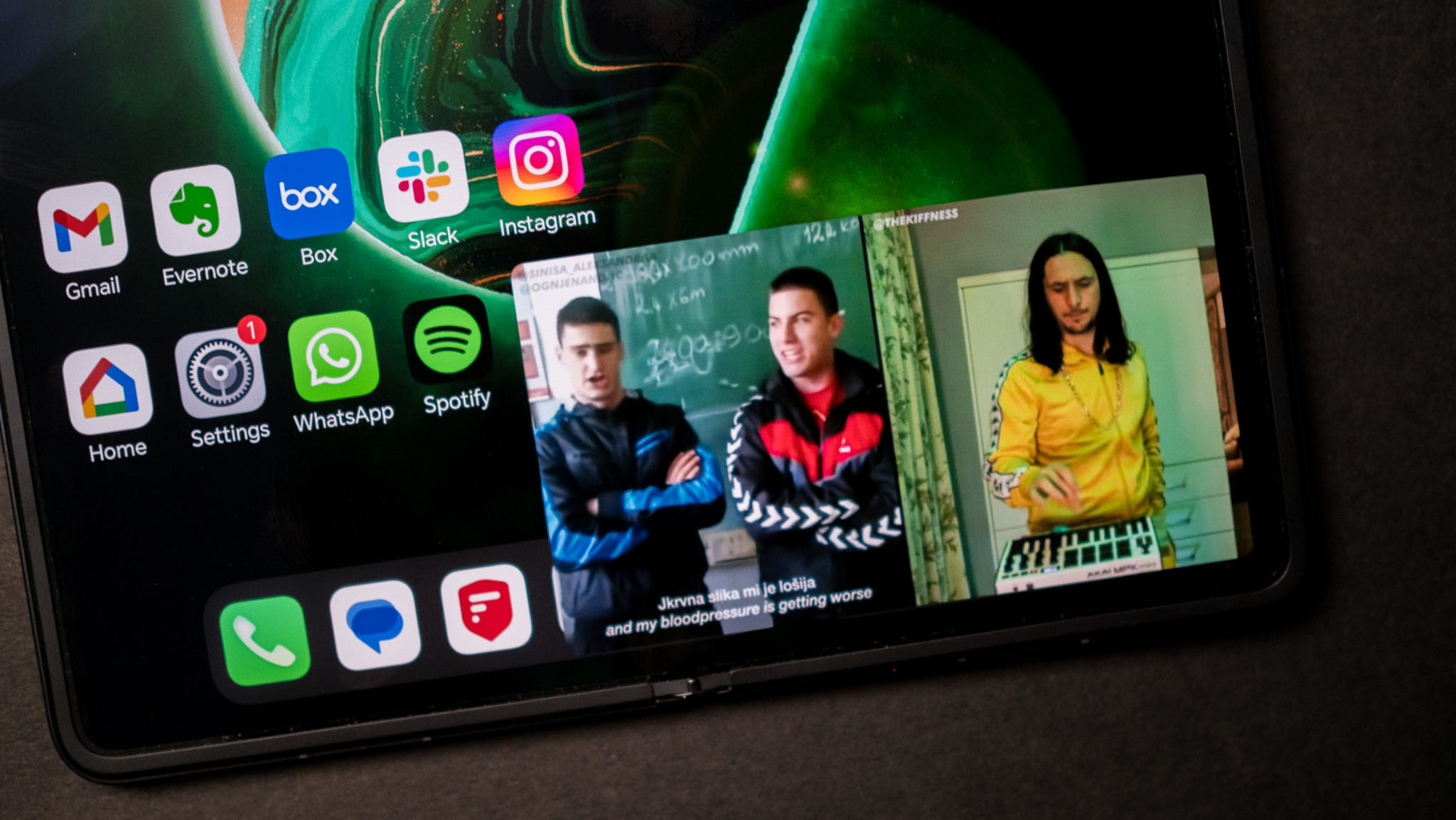
While the inner screen gets noticeably brighter than the Magic V2, it isn't quite as bright as the X Fold3 Pro, which gets almost as bright as regular phones. That said, there are no issues with brightness levels on the cover screen, and it is among the brightest in this category.
Gaming is also enjoyable on the device, and the built-in sound is loud enough that you don't need to use earbuds for casual gaming sessions. While the Magic V3 has a crease — like every other foldable — it isn't as visible, and it wasn't a limitation in my usage of the device.
Honor Magic V3: Performance
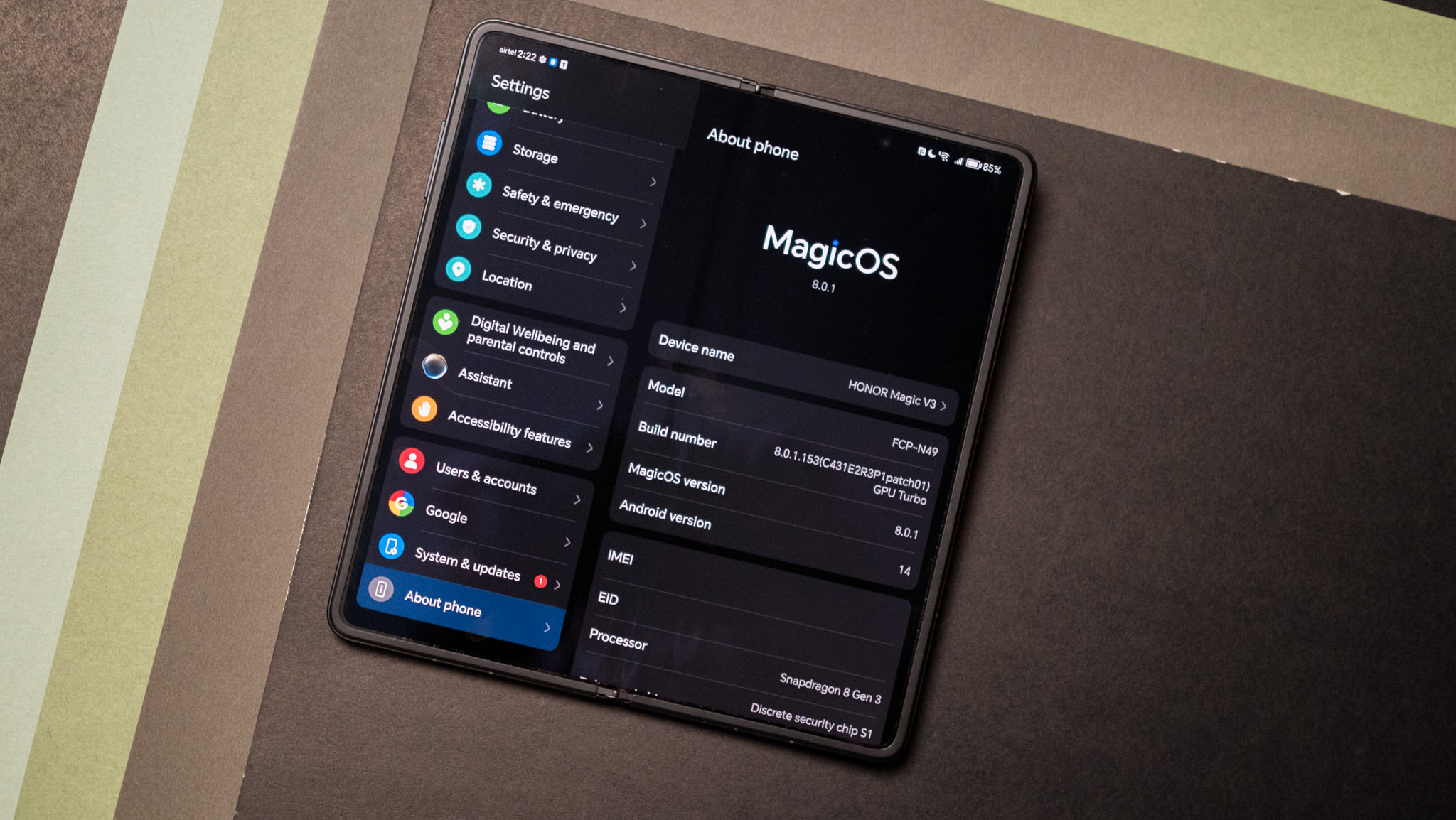
The Magic V3 has one of the best hardware packages in this segment, and there really isn't anything missing. The device features the Snapdragon 8 Gen 3, and you get 12GB of LPDDR5 RAM and 512GB of UFS 4.0 storage.
I didn't see any slowdowns in day-to-day use, and the Magic V3 did a great job handling demanding games. Given the limited thermal management, the foldable got considerably hotter than bar-style phones, and it throttled sooner than usual. That said, I got consistent framerates in most titles, and outside the excessive heat, there were no issues.
| Category | Vivo X Fold3 Pro | Honor Magic V3 | Honor Magic 6 Pro |
|---|---|---|---|
| PCMark Work 3.0 (Overall) | 14366 | 15720 | 17314 |
| PCMark Work 3.0 (Web Browsing) | 10796 | 18363 | 15748 |
| PCMark Work 3.0 (Video Editing) | 6642 | 7706 | 7707 |
| PCMark Work 3.0 (Writing) | 19077 | 16451 | 21271 |
| PCMark Work 3.0 (Photo Editing) | 32883 | 30295 | 36257 |
| Geekbench 6 (single-core) | 2120 | 1489 | 1908 |
| Geekbench 6 (multi-core) | 6482 | 5291 | 6816 |
| 3DMark Wild Life Extreme (score) | 4216 | 4170 | 5121 |
| 3DMark Wild Life Extreme (FPS) | 25.245 | 24.965 | 30.67 |
| 3DMark Solar Bay (score) | 5802 | 7605 | 8623 |
| 3DMark Solar Bay (FPS) | 22.06 | 28.915 | 32.79 |
The Magic V3 managed a stability score of 71.6% in 3DMark's Solar Bay stress test, which is decent enough. However, it went up to 46 degrees Celsius in that time, and that's six degrees hotter than most 2024 foldables. The device had slightly lower scores in Geekbench 6.0 than other 8 Gen 3-powered phones I tested recently, but it wasn't an issue in daily use.
Like most other foldables, Honor uses a side-mounted fingerprint sensor that's baked into the power button, and while it doesn't have any problems, I would have liked to see an in-screen option.
Coming to connectivity, the device has Wi-Fi 7, Bluetooth 5.3, NFC, dual-band GPS, USB-C with DisplayPort 1.2, and the entire suite of AptX codecs. I didn't notice any problems when making calls or using cellular data, and I got a reliable Bluetooth connection when pairing accessories.
Honor Magic V3: Battery
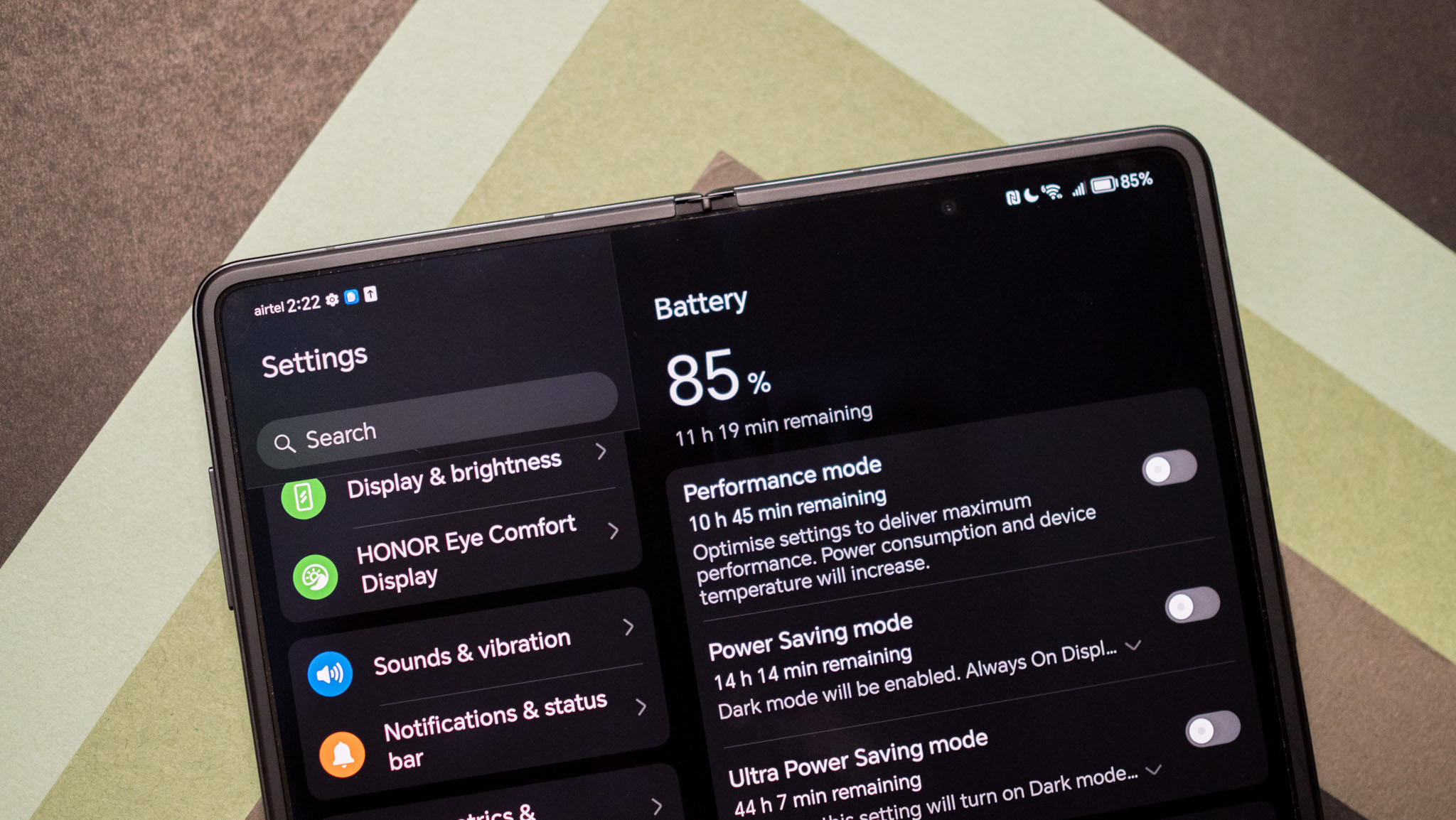
The Magic V3 has a 5150mAh battery, and just like the Magic V6 Pro, Honor uses silicon-carbon tech to deliver better density. Other brands are starting to use a similar system in their own devices, and the battery is a smidgen bigger than what we got the V2 last year.
I got a day's worth of use out of the Magic V3 between charges, but even with heavy use involving the inner panel, the foldable needed to be plugged in before the night. There aren't tangible gains in this area over the V2, and other foldables I used this year delivered better battery life.
The Magic V3 charges at 66W, and Honor bundles the requisite charger in the box. It takes just under 50 minutes to fully charge the battery, with an 80% charge attained in 30 minutes.
Honor Magic V3: Cameras
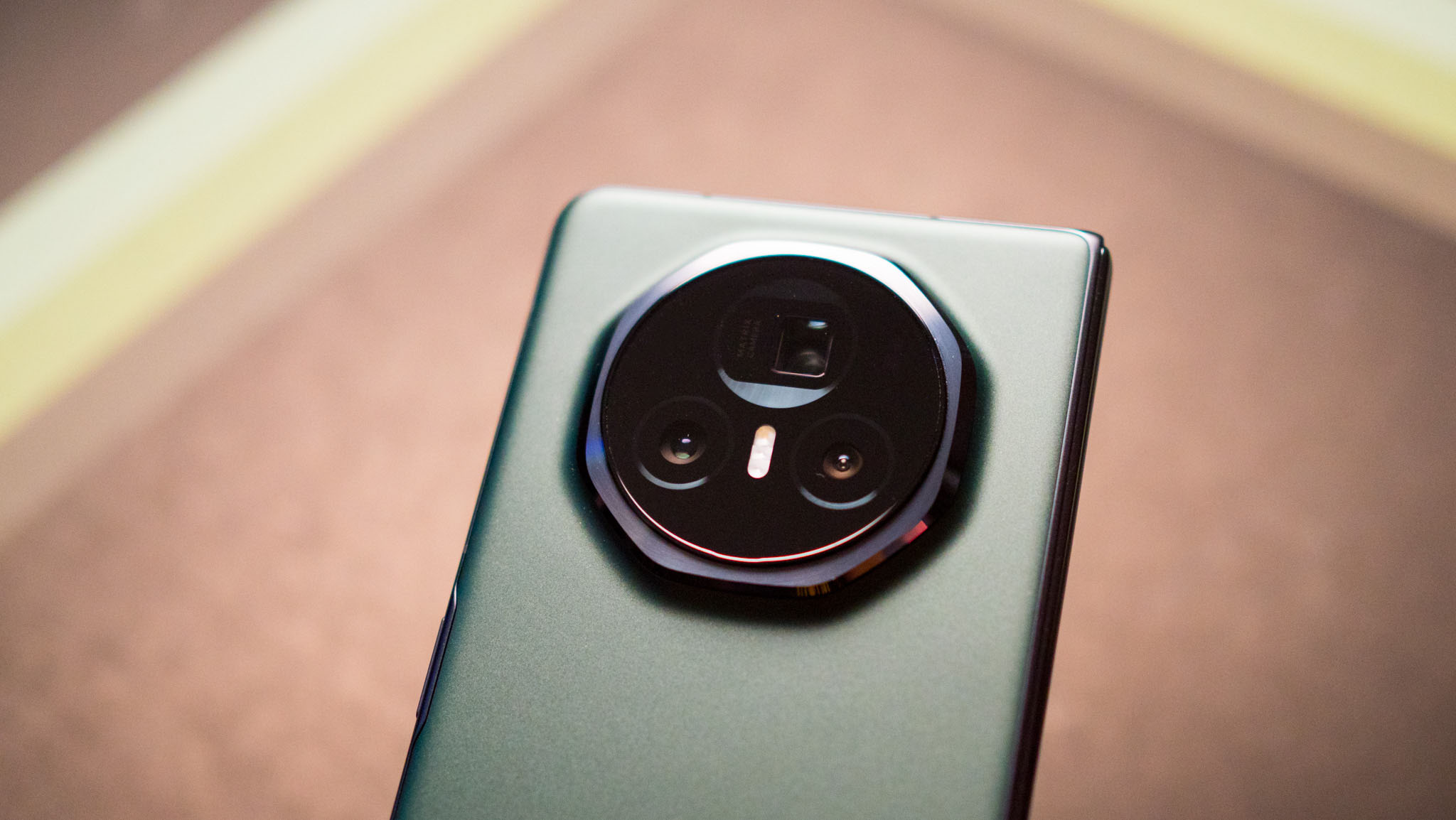
Honor has sizeable upgrades on the camera front, with the Magic V3 featuring a trio of new sensors, including a 50MP f/1.6 main camera with OIS, 50MP telephoto with OIS that goes up to 3.5x zoom, and a new 40MP wide-angle lens with autofocus. You get a 20MP front camera housed inside each panel.
Honor's collaboration with Harcourt is intact, and you get three distinct styles that you can use when taking portrait shots. The camera interface itself is identical to last year, and you get the usual set of shooting modes, including the ability to take photos of fast-moving objects.
The Magic V3 takes 4K60 video at all focal lengths, and there's a dedicated video-focused night mode similar to what you get with Night Sight Video on Pixels. The Movie mode has greater control over videos, and you get a Pro mode with still images that lets you tweak individual settings.
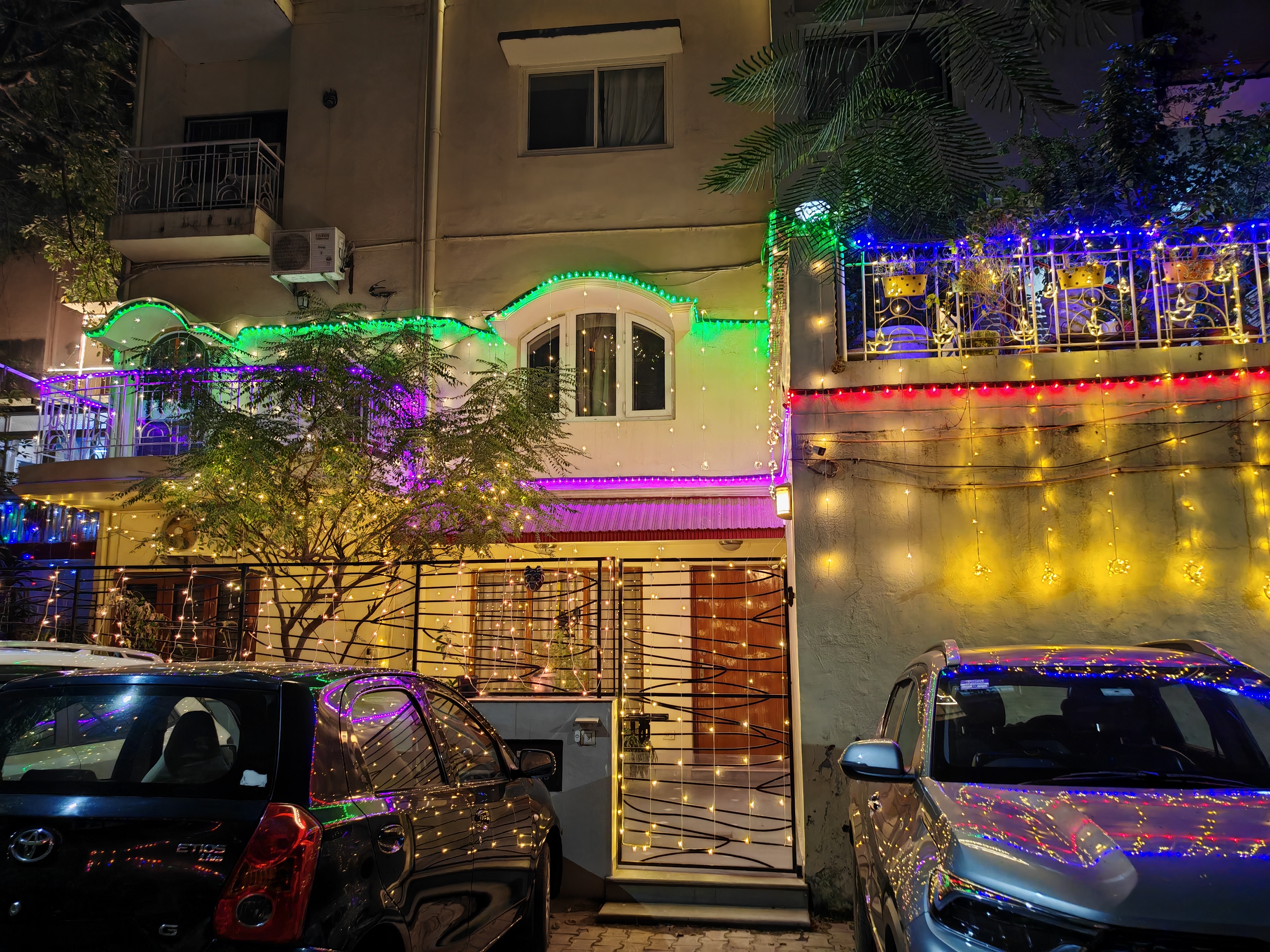
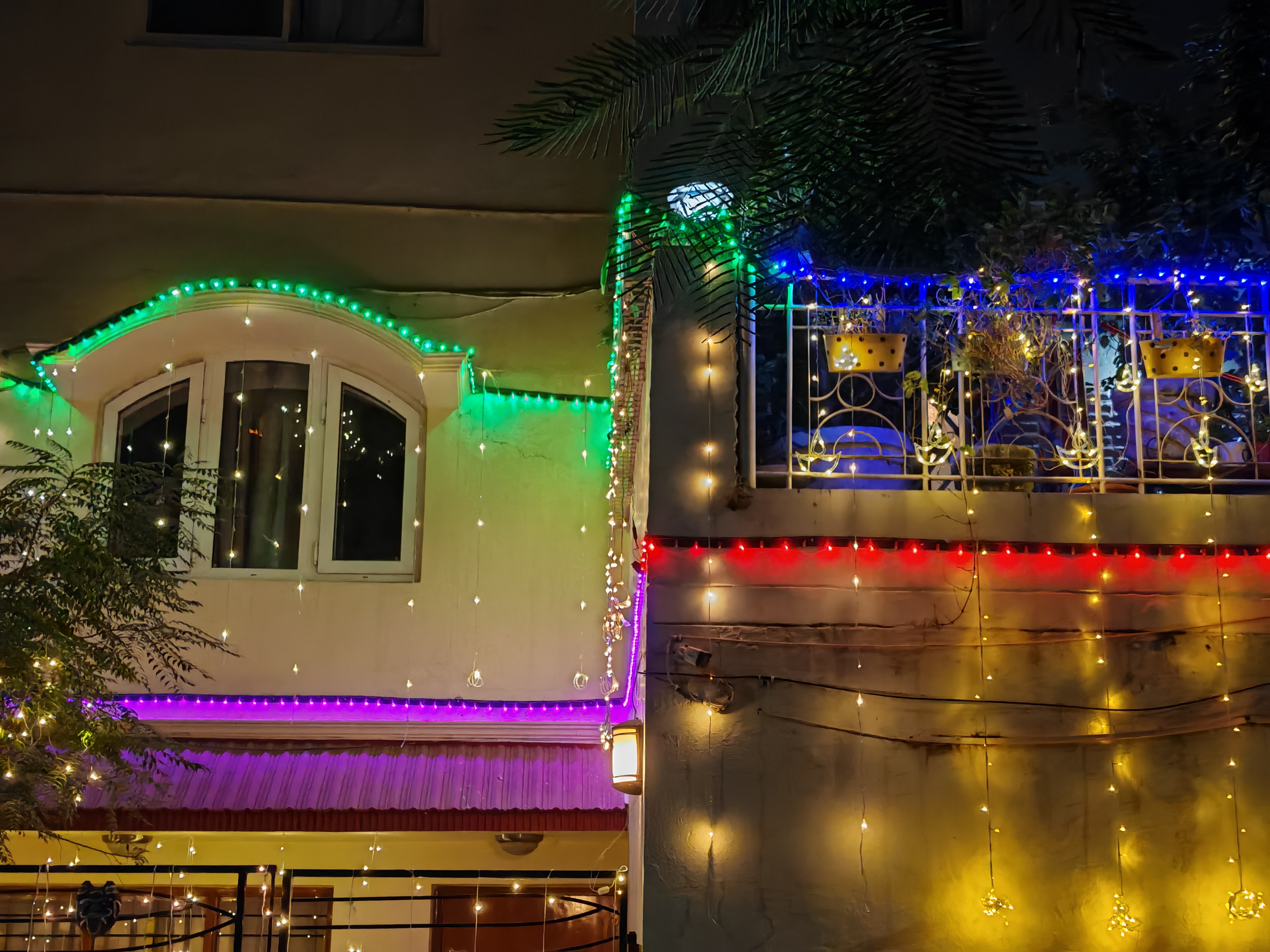
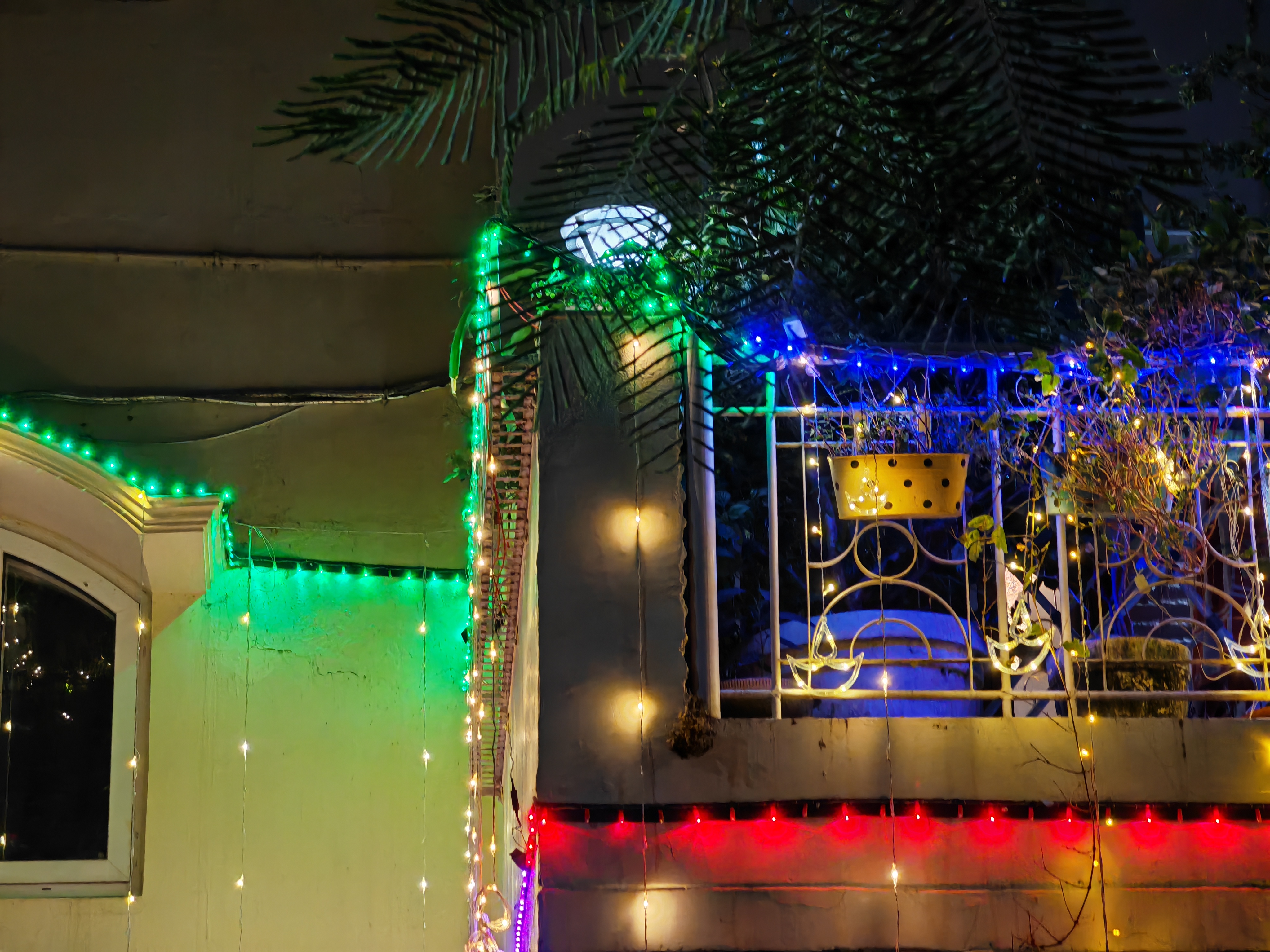








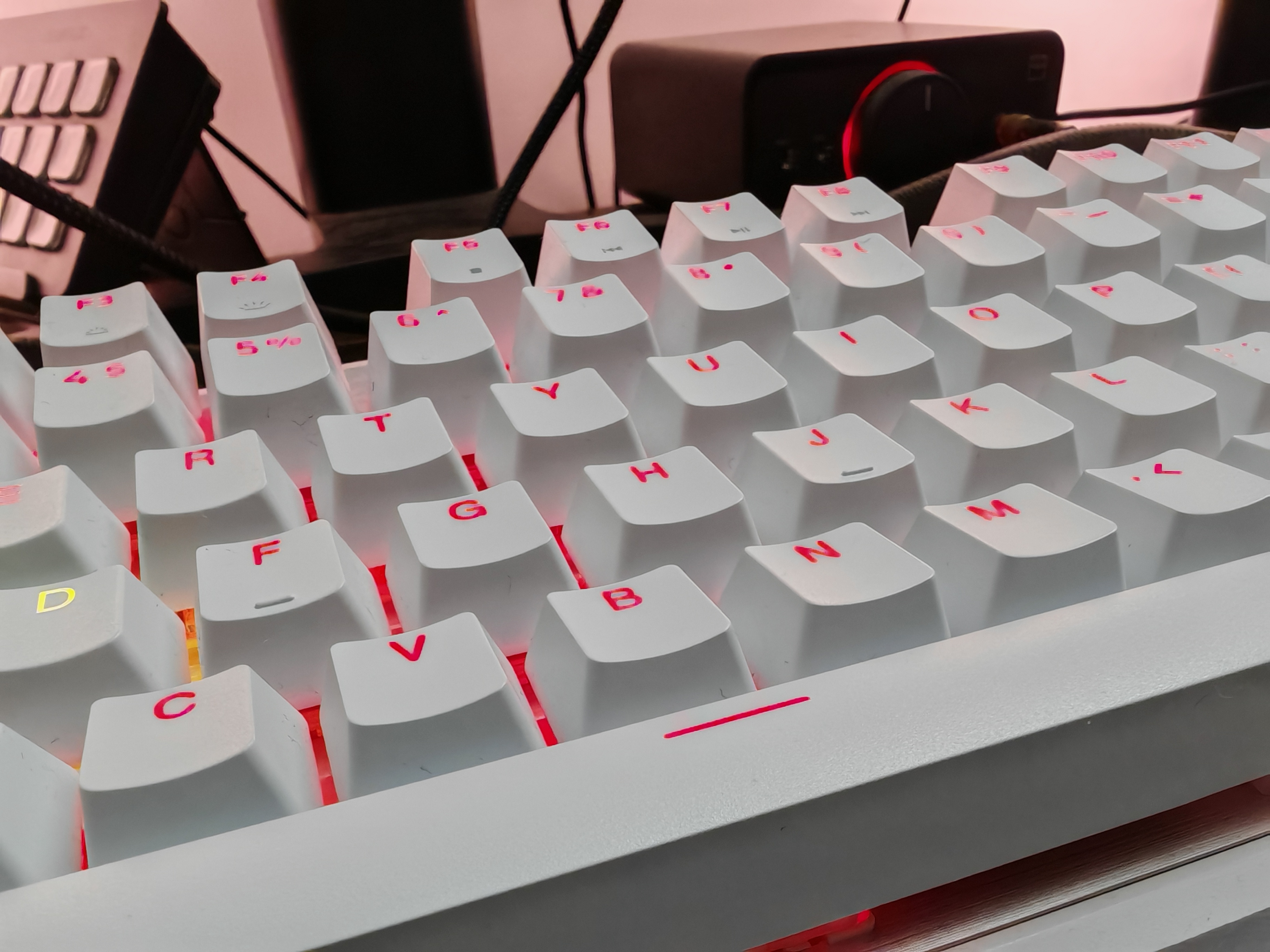
While it's not on par with the Magic 6 Pro or Vivo X100 Ultra, the Magic V3 does a great job in daylight situations, with good details and accurate color rendition. The resultant photos aren't oversaturated, but they still look great.
There are three color modes available — Natural, Vibrant, and Authentic — and the latter adds a vignette to the shots. I went with the Vibrant mode as it delivered better vibrancy to the images. The new zoom lens delivers detailed photos at up to 3.5x, and it does a good job with portraits as well.
The wide-angle lens is decent enough in its own right, and while it doesn't quite measure up in challenging low-light scenarios, it is better than what you get on most other foldables. The lens doubles as a macro shooter as it has autofocus, and it takes detailed photos from just 4cm away.
Overall, the Magic V3 does an admirable job in this regard. The X Fold3 Pro still has an edge when it comes to foldables, but the Magic V3 isn't that far behind, and that's a big deal in and of itself.
Honor Magic V3: Software
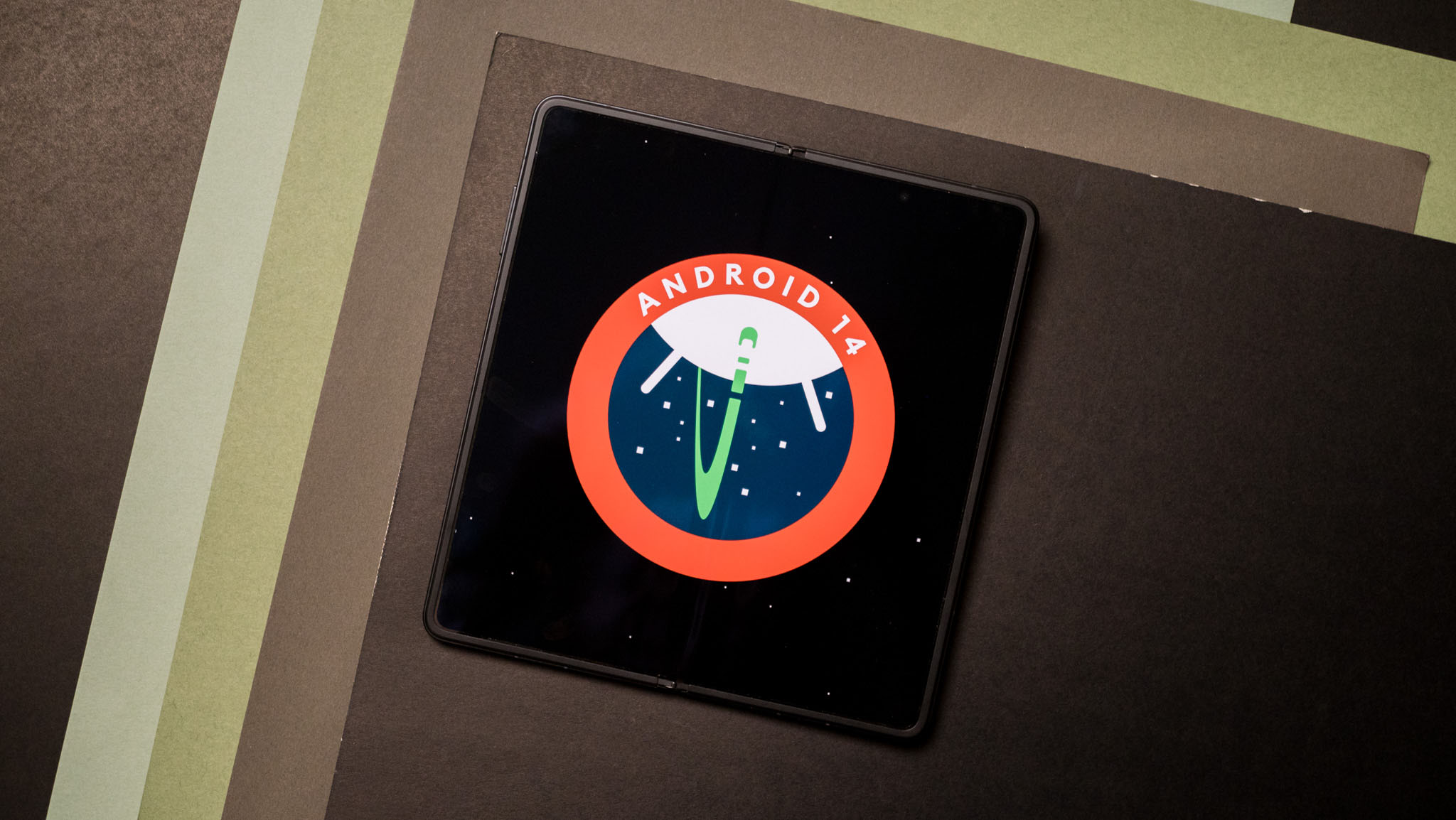
The Magic V3 runs MagicOS 8.0.1 based on Android 14 out of the box, and the interface is nearly identical to previous years. Honor's UI is in need of a facelift, and while there is plenty to like, the interface still has vestiges of legacy EMUI, and that needs to change.
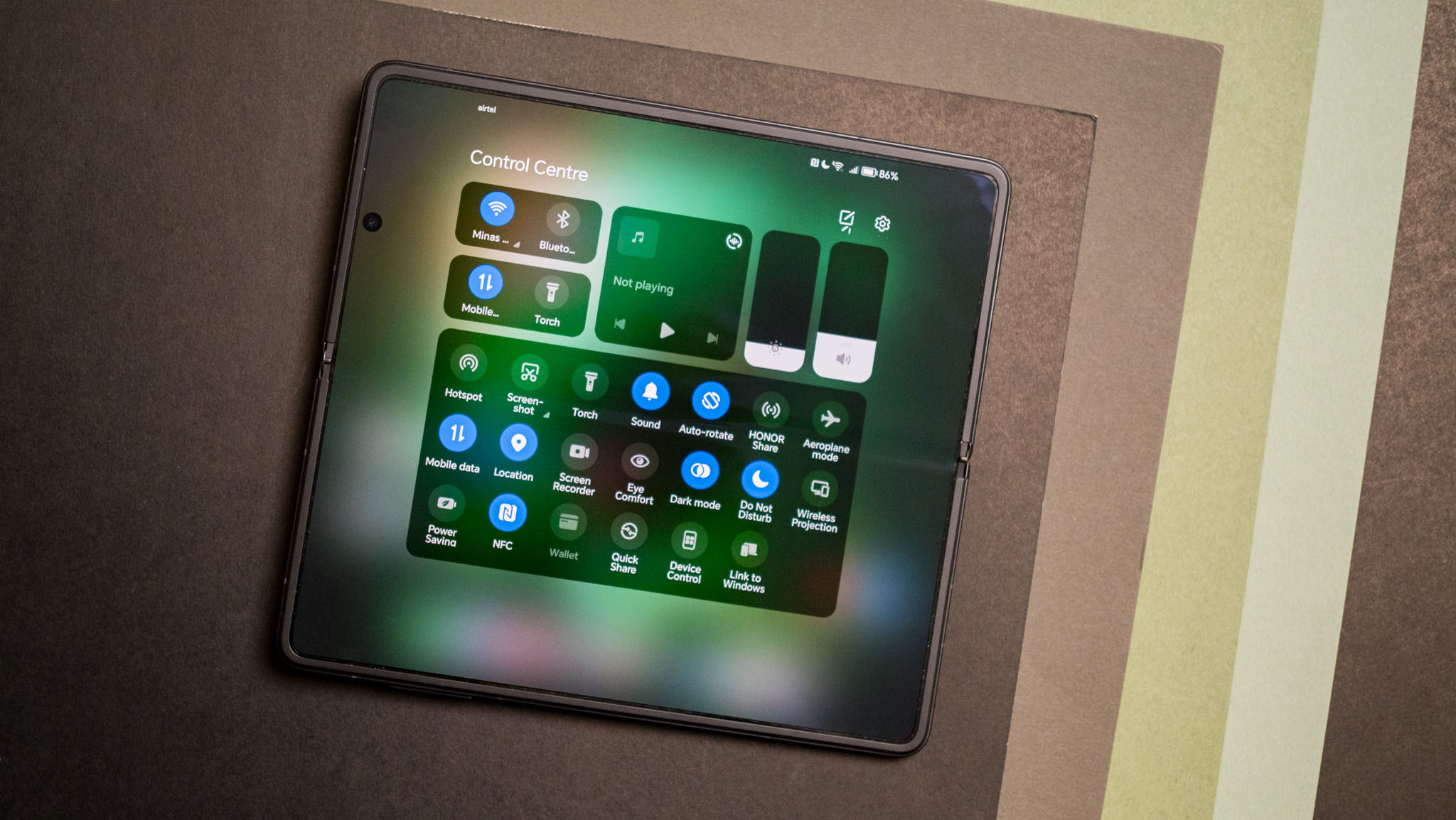
That said, the interface itself is smooth, and the software is optimized to take advantage of the powerful hardware, so you won't see any lag or jitter in daily use. There is a noticeable uptick in fluidity, and Honor addressed long-standing issues, like the ability to not view app info while long pressing an app icon in the drawer. Honor's take on the iPhone 16 Pro Max's Dynamic Island is useful, and I found myself using the feature quite a bit.
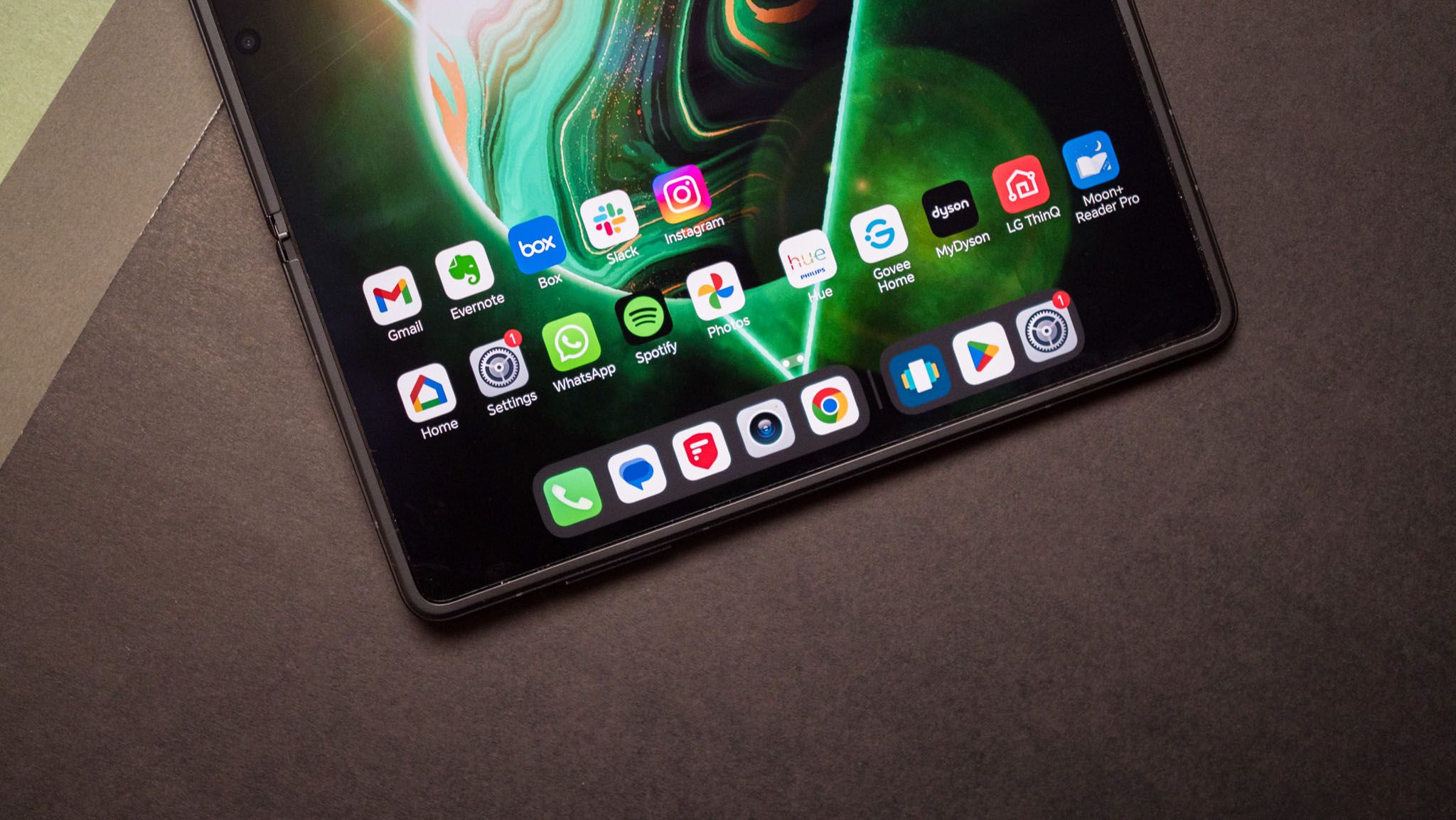
However, the suggestions bar located at the top of the app drawer still doesn't deliver useful apps, and you get the same list of utilities all the time. Memory management continues to be aggressive, and there were issues with push notifications at times. Outside of those bugbears, I didn't see any problems with the Magic V3.
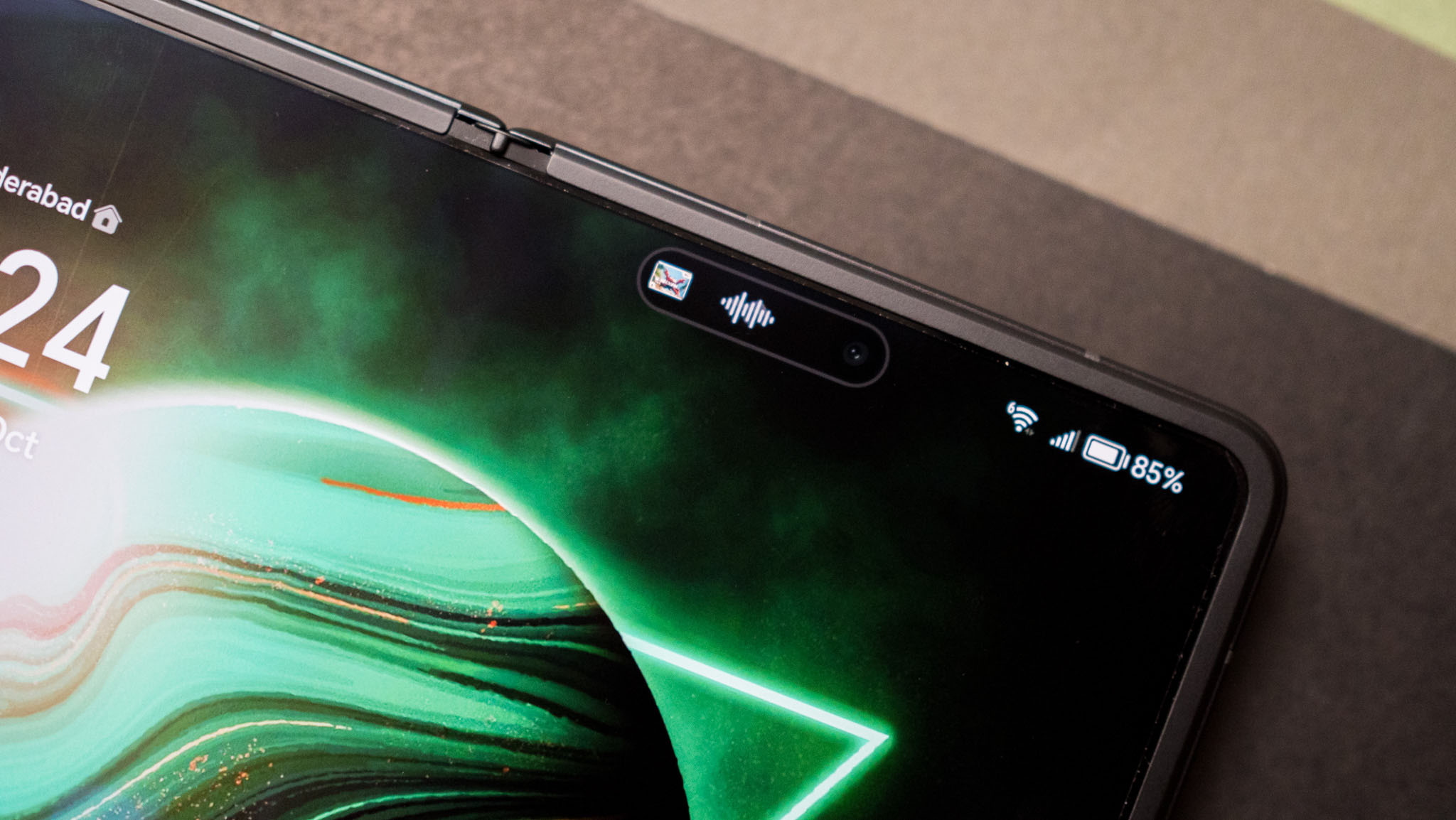
There's plenty of AI-based utilities as well, and Magic Portal is useful if you want to collate information or look up a photo online. Honor teamed up with Google to enable face-to-face translation, and the feature does a great job. You also get Circle to Search, and a host of other Google utilities.
Coming to foldable use, there's plenty to like on the Magic V3. There's a split notification shade, a taskbar that's easily accessible, and intuitive multi-window modes. The basics are covered here, and you get a good amount of customization as well.
When it comes to software updates, the Magic V3 will get the same four years of Android OS updates alongside five years of security patches. While that's not as many as the Pixel 9 Pro Fold or the Galaxy Z Fold 6, it is in line with what other Chinese manufacturers deliver, but I'd like to see Honor do better in this regard.
Honor Magic V3: The competition
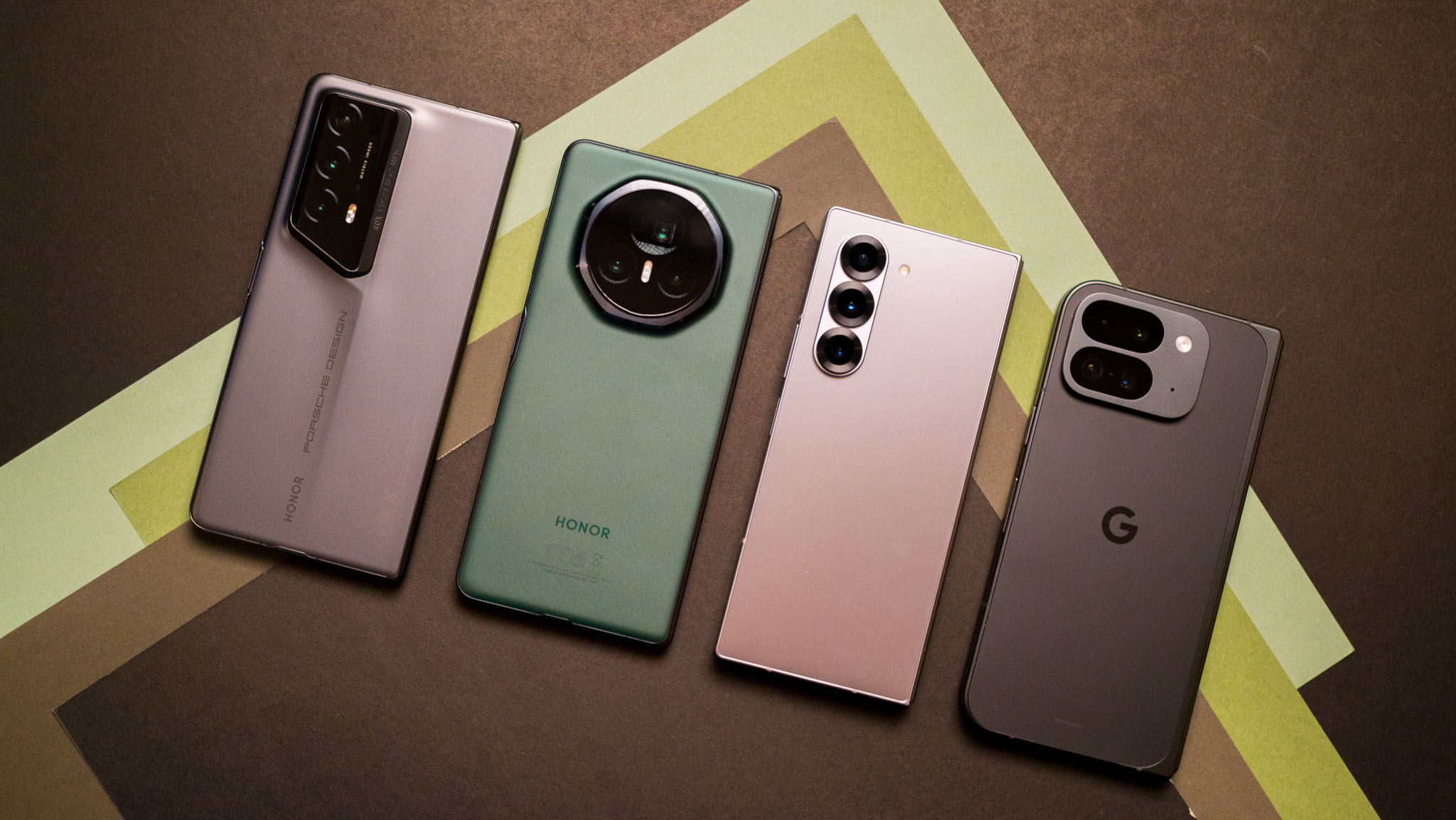
Foldables are no longer a niche, and there are plenty of great choices in this category. The Galaxy Z Fold 6 is the obvious starting point for a lot of users, but I wouldn't even pit the foldable in the same league as the Magic V3 — it feels a few generations behind in terms of the hardware.
Vivo's X Fold3 Pro is the closest rival to the Magic V3, with the device offering a svelte design, terrific hardware, great battery life, and outstanding cameras. It has the best battery life of any foldable I used this year, and the best overall cameras. The only limiting factor is that it is sold in just a few countries globally, and if anything, that works out to Honor's advantage.
Google's Pixel 9 Pro Fold is a good foldable as well, and it has the best software and AI-based features in this category. The design is much better than its predecessor, and while it isn't powerful by any measure, it doesn't have issues in daily use. But the biggest issue with the 9 Pro Fold is that the cameras just aren't good enough, and if that's a consideration, you should just get the Magic V3.
Honor Magic V3: Should you buy it?

You should buy this if:
- You need the thinnest foldable available today
- You need bright OLED panels that are easy on the eyes
- You want powerful hardware and great cameras
You shouldn't buy this if:
- You need the best battery life
- You need in-screen sensors
The Magic V3 has its drawbacks; the X Fold3 Pro has better battery life, and I like the fact that Vivo somehow managed to slot in two in-screen sensors, instead of the side-mounted fingerprint reader that's standard on every other device in this segment.
Vivo also has an edge when it comes to the cameras, with the auxiliary lenses in particular delivering fabulous shots. That said, the Magic V3 does a great job in its own right, and it has one of the best camera packages in this category — it outshines the Galaxy Z Fold 6 and Pixel 9 Pro Fold by a considerable margin.
The Magic V3 also has the brightest OLED panel of any foldable, and Honor leads the pack when it comes to eye-friendly tech. The hardware is among the best in this class, and while it isn't a huge upgrade over the Magic V2, there are enough small tweaks to give the V3 an edge.
Ultimately, I prefer the Magic V3 because of the design, and I like the direction Honor is taking with the software. MagicOS needs a visual overhaul, but the upcoming MagicOS 9.0 build looks interesting to say the least, and the brand has a ton of custom features and is leaning heavily on AI utilities you'll actually end up using.
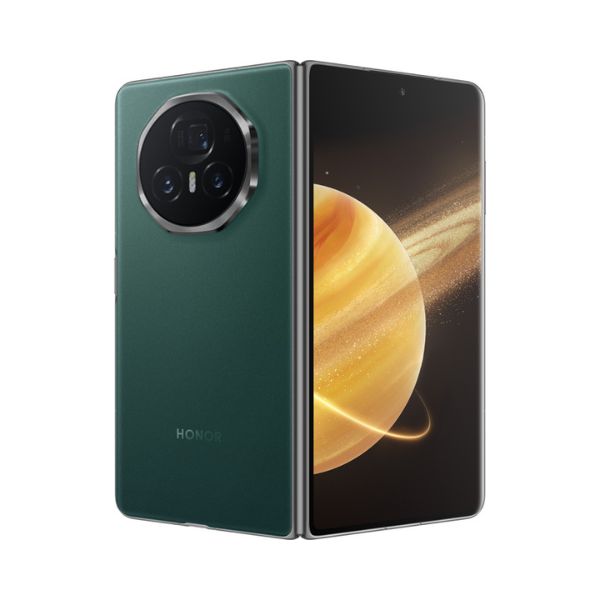
The Magic V3 is the thinnest foldable you can buy today, and it

Harish Jonnalagadda is Android Central's Senior Editor overseeing mobile coverage. In his current role, he leads the site's coverage of Chinese phone brands, networking products, and AV gear. He has been testing phones for over a decade, and has extensive experience in mobile hardware and the global semiconductor industry. Contact him on Twitter at @chunkynerd.
You must confirm your public display name before commenting
Please logout and then login again, you will then be prompted to enter your display name.
